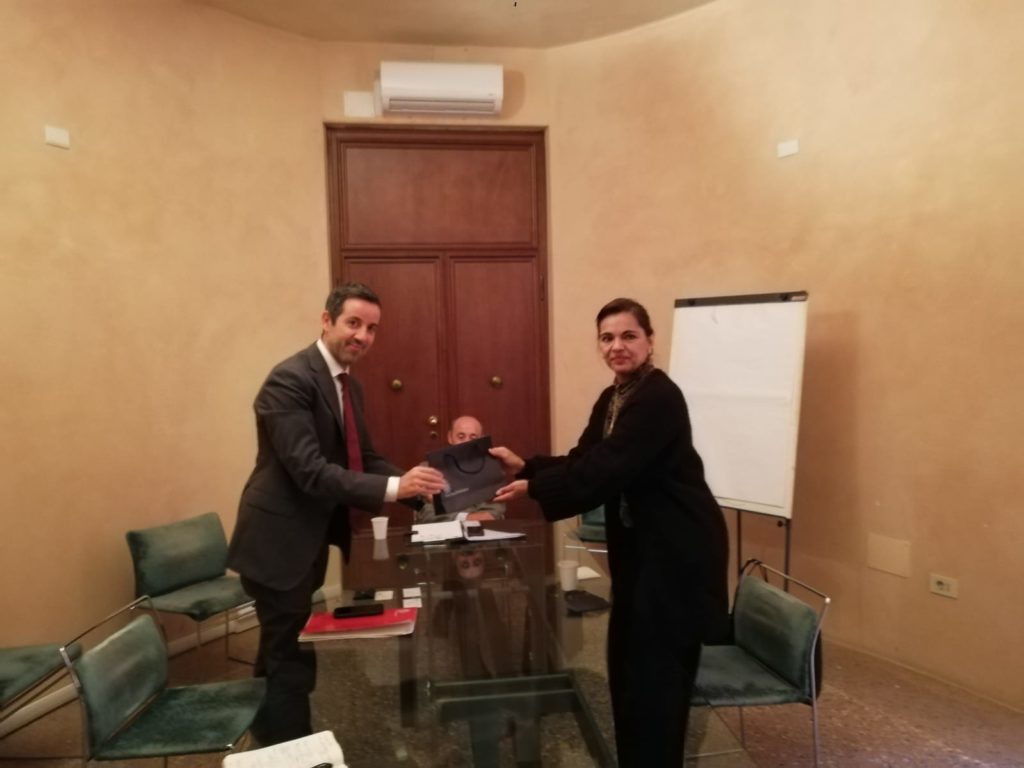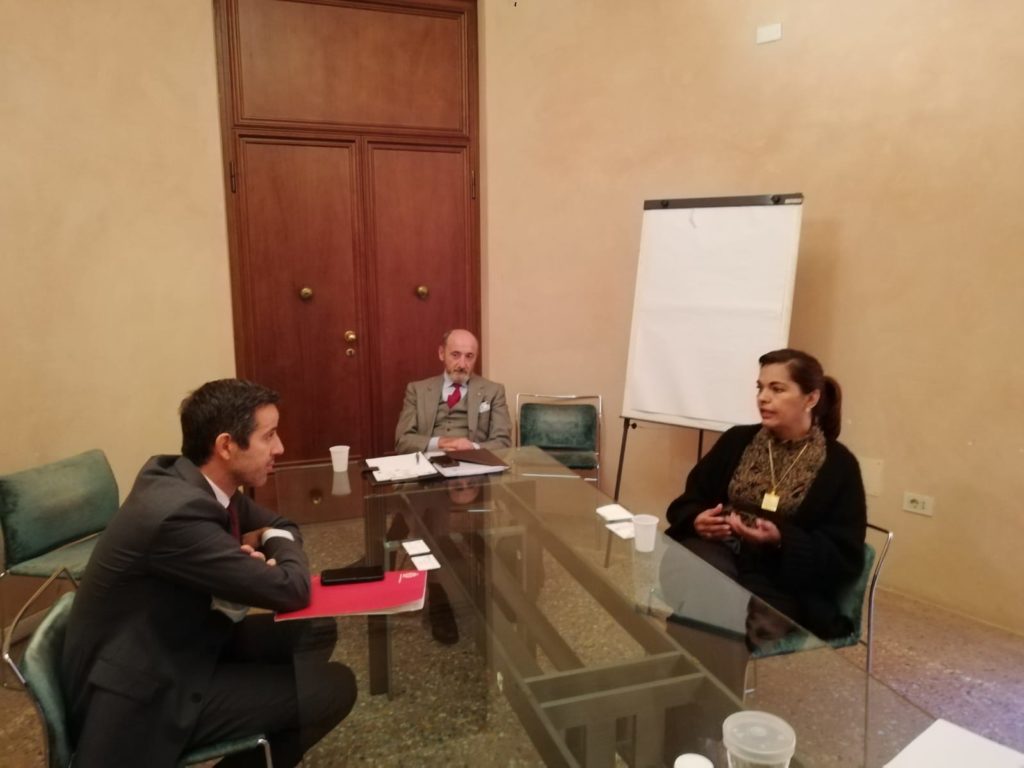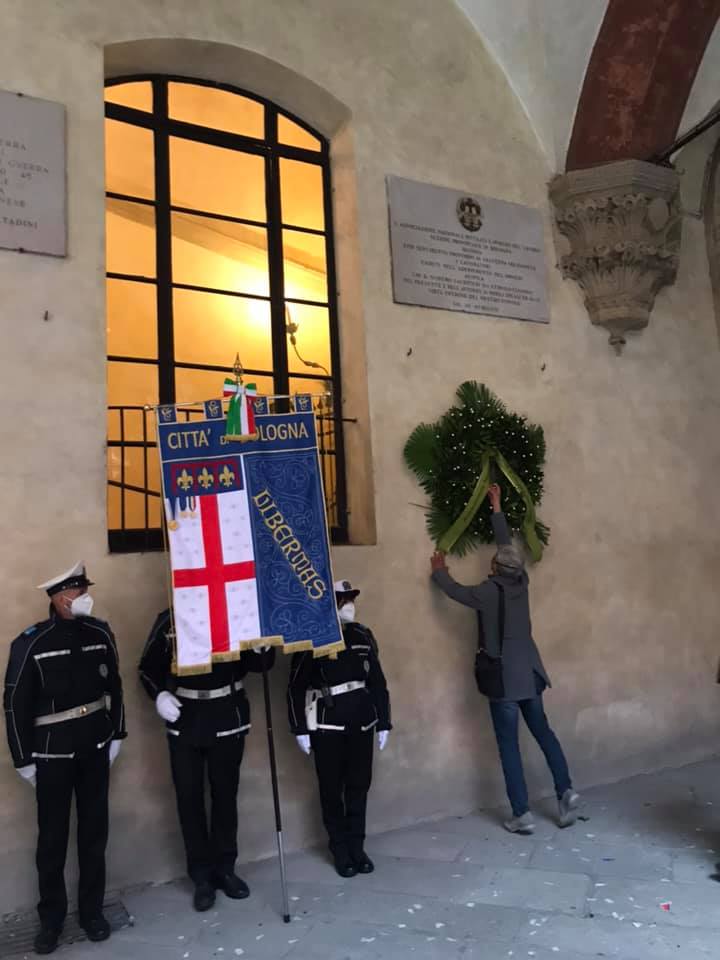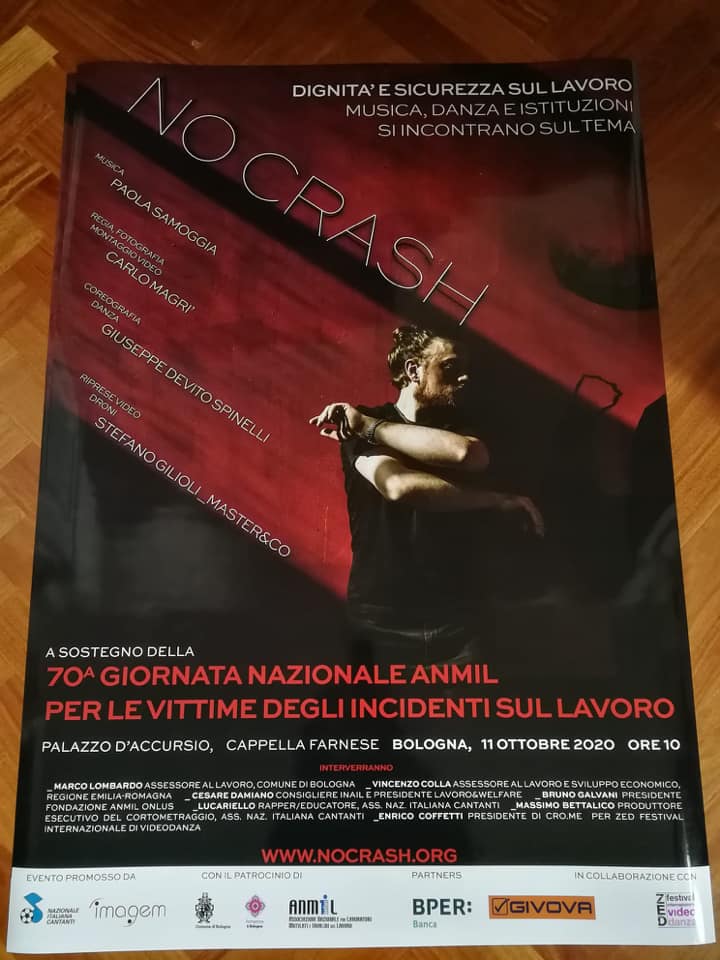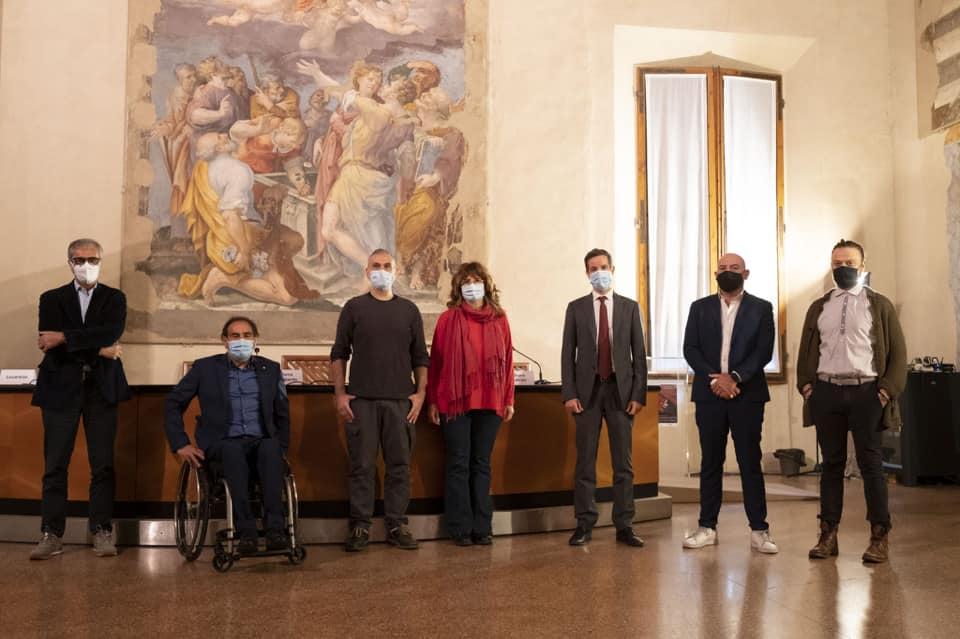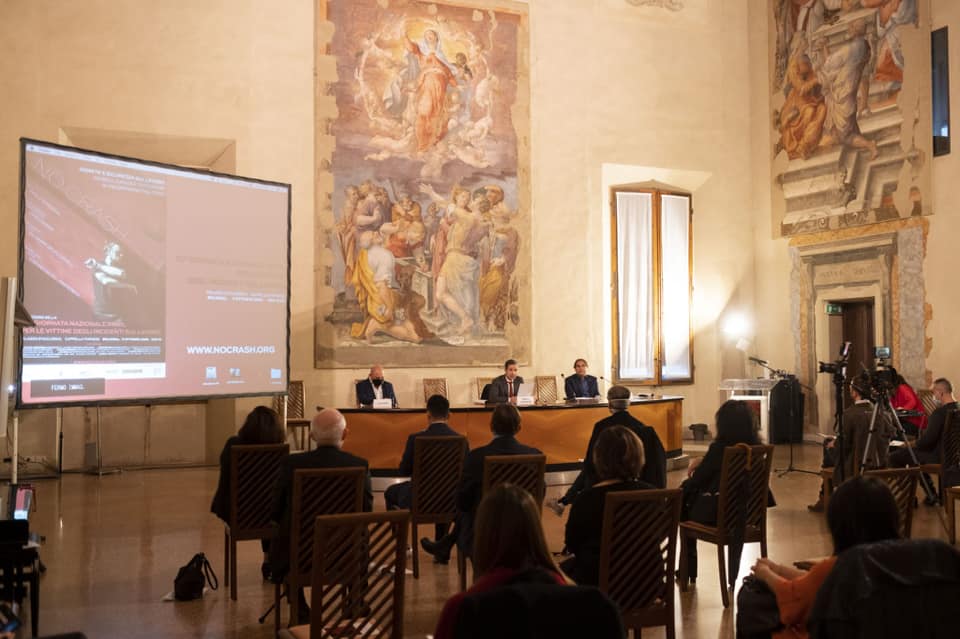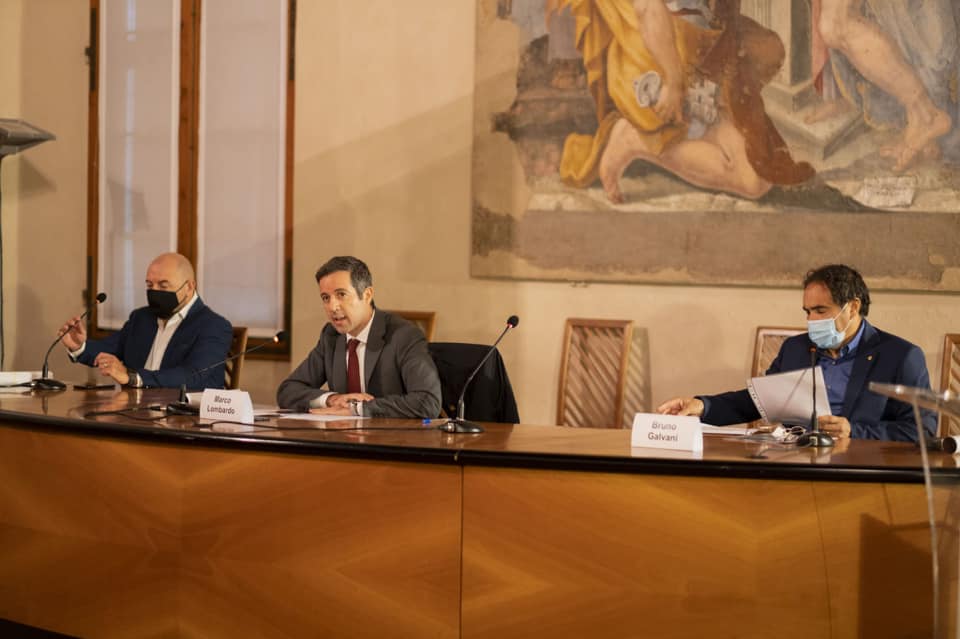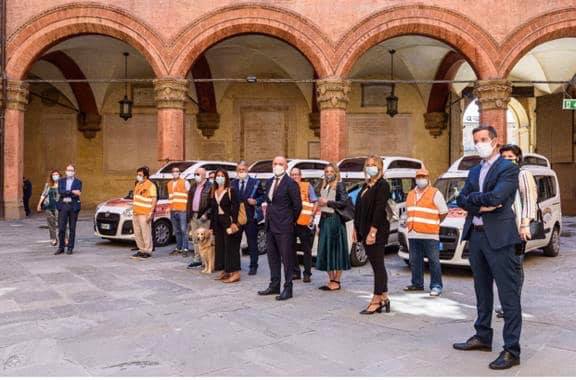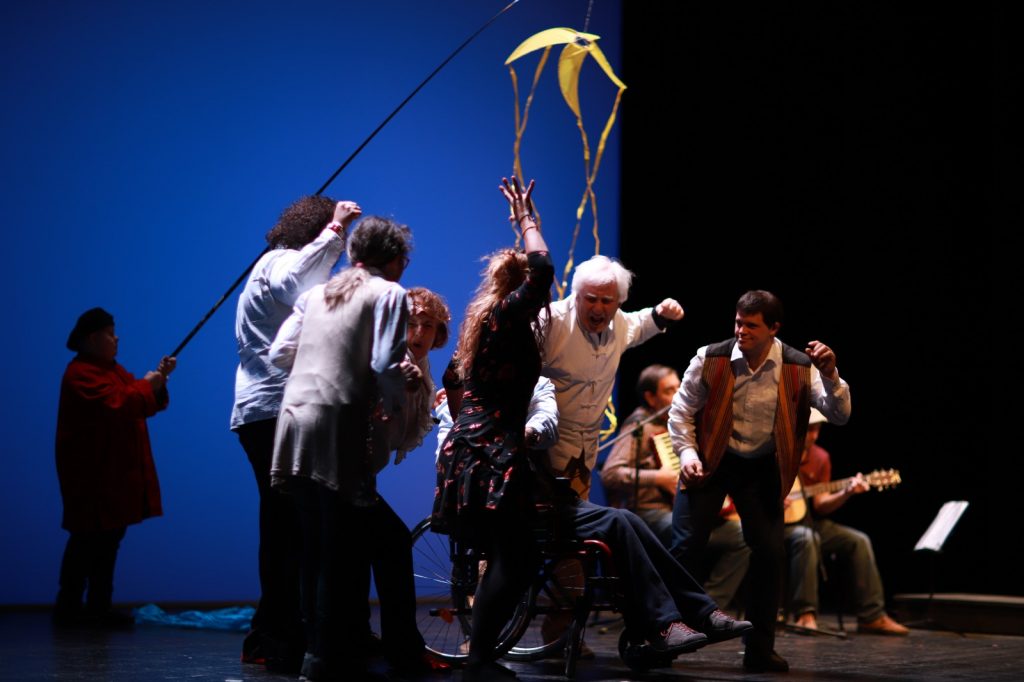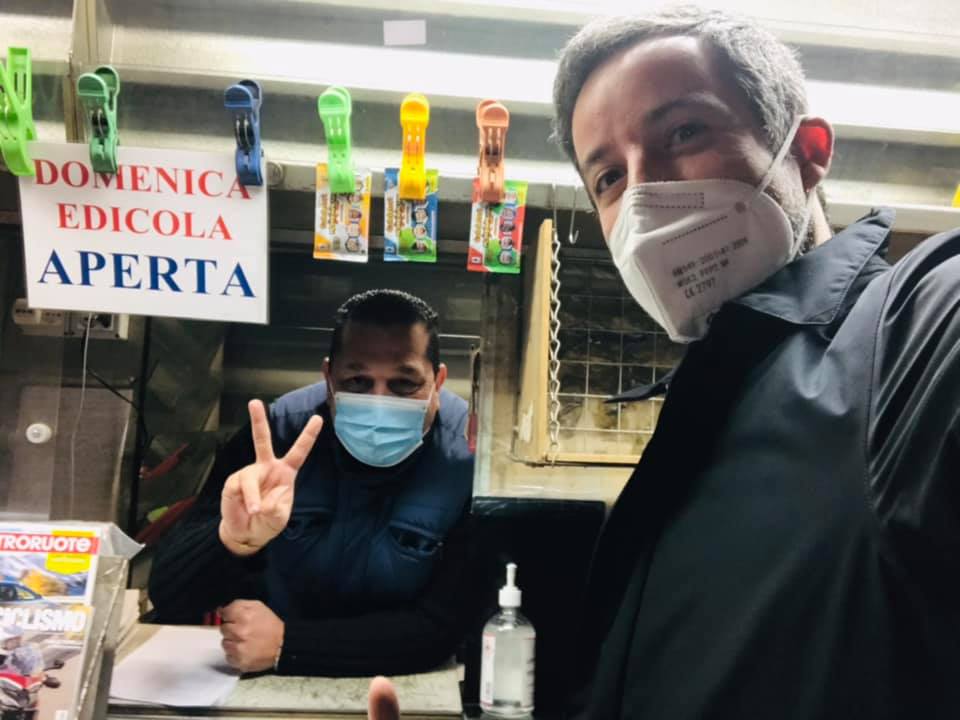![image1]()
![image1]()
![image1]() The world of job is deeply changed. Once upon a time, the education followed his institutional channels founded on the certification of knowledges: school, university, post-graduate courses.
The world of job is deeply changed. Once upon a time, the education followed his institutional channels founded on the certification of knowledges: school, university, post-graduate courses.
That’s the way in wich millions of people get access on the market job.
A stable work that last all the life.
Nowadays, it doesn’t work in this way anymore.
First of all, people changes very often their jobs. Someone, fortunately, for choice. Someone, unfortunately, for need.
That generates a need of lifelong learning. We have lots of masters, degrees, updating courses and so on, but
digital revolution has also impress an unprecedented acceleration on the market job and on the learning system.
From one hand, because job of today will not exist tomorrow. The most reliable scenario predict that in 2050 most of the jobs of today will not exists anymore.
That push learners and teachers to
escape from classical learning channels, exploring new boundaries.
From the other hand, social networks highlighted that
personal and civic empowerment is interlinked with trust, socialisation of achievements, research or our personal talent. From here, the urgency to find oh not only a way to dematerialise che certificate of knowledge, but also to share it. To make it circulate.
If this background is true,
how to certificare the talent? How to certificare not only the form of knowledge, but also the substance, the experience, the ability to make a concrete thing?
I strongly believe that open badges can be a great tool of empowerment to free our talent, to certificate and validate soft skills and experience in a lifelong learning approach. While CV is a picture of formal learning that show my past, Open Badge is like a movie that can infer on the future of a job seekers. Open badges provide a wide range of information on skills and qualifications is aimed at pursuing education and training opportunities, supporting career decisions, finding employment opportunities and supporting mobility in the EU labour market.
On this background, what can be the role of cities? What role for Bologna?
The City of Bologna, for tradition and vocation is an European city.
Bologna has been the first seat of the most ancient university. I think that Bologna can became an e
cosystem of circular learnings. We have universities, centre of research, foundations, an industrial system that can altogether can crate new interconnections for growing territorial competitiveness.
Moreover, we have to reinforce the sense of taking part of a civic community. For example: library are used to exchange books and make reasearch. But why they cannot be used also to exchange knowledge and experiences?
Public library can be transformed in civic square, gym of knowledge where you do not use waves like in gym, but ideas.
To sum up and to conclude, B
ologna has to develop an urban collective knowledge. We want to build a City of Learning. With wich instruments? We have european funds for Urban Innovative Actions that are in the framework of EU urban agenda. We have realised, first in Italy, the idea of pacts of collaboration with citizens for the regeneration of common goods. We are exploring the online vote to let citizens choose which projects for local purposes and needs have to be found. We are just moving our first steps but the road ahead is a promising one.
Normative background
Proposal for a DECISION OF THE EUROPEAN PARLIAMENT AND OF THE COUNCIL on a common framework for the provision of better services for skills and qualifications (Europass) and repealing Decision No 2241/2004/ECReform of EU cv pass. The revision of Europass decision
Currently the EU tools and services for skills and qualifications are promoted and supported at national level through centres or contact points (National Europass Centres, EQF – National Contact Points, Euroguidance Centres) that are financially supported by the EU through the Erasmus+ programme. Each is subject to separate administration and reporting processes. Each centre manages a separate communication programme and has separate branding. While Member States have taken necessary steps to ensure coordination, this is not the case in all Member States. The effect is that often there is no sense of a joined up skills and qualification service at national level and no much stimulus for centres to cooperate strategically and communicate systematically to present more coherent services. Centres are not fully reaching their target audiences and thus EU tools and services are not reaching all intended beneficiaries. This proposal intends to offer greater potential and opportunity for Member States to strategically coordinate services offered at national level
The Europass framework will promote inter-operability of electronic tools used to present and exchange information on skills and qualifications
, the new Europass framework will provide a European-wide platform through which all individuals can access, within an intuitive and seamless online service
This Decision is one of the initiatives of the New Skills Agenda for Europe6 and complements other actions proposed in that context. It is consistent with the European Parliament and Council Recommendation of 23 April 2008 on a European Qualifications Framework for lifelong learning (EQF)7.
We have to bear in mind a big limit for the harmonisation of Open Badges through EU law. Article 166 of TFEU provides that the Union shall implement a vocational training policy which shall support and supplement the action of the Member States. Union action shall aim, inter alia, to improve initial and continuing vocational training in order to facilitate vocational integration and reintegration into the labour market and to develop exchanges of information and experience on issues common to the training systems of the Member States. As education and vocational training policies are within Member States' competence, these articles exclude harmonisation of the laws and regulations of the Member States.
CONTEXT / BACKGROUND Recognising non-formal and informal learning is increasingly seen as a way of improving lifelong and life-wide learning. More European countries are emphasising the importance of making visible and valuing learning that takes place outside formal education and training institutions, for example at work, in leisure time activities and at home. Yet, despite a number of initiatives and recommendations on the recognition of informal learning (c.f. European guidelines for validating non‑formal and informal learning, CEDEFOP) there is a wide gap between the recognition of formal and informal or non-formal learning. Access to the recognition of informal learning is patchy and the outcome of recognition process is too often treated with suspicion. The Mozilla Open Badges, an initiative launched by the Mozilla Foundation in September 2011, provides a response to the needs for the recognition (formal and informal) of learning (formal and informal). Open Badges are portable and verifiable, allowing learners to showcase work, document skill sets and competencies, and create a robust portrait of their abilities wherever they were acquired: whether in school, in the community, on the job or online. Millions of badges have already been delivered and the initiative has received the support from leading organisations in the field of education, business, policy and citizenship. OBJECTIVES The aims and objectives of Badge Europe, BEU (pronounced “Be You”) are to exploit the benefits of Open Badges to: - To create the conditions for a Europe-wide and world-wide recognition of learning achievements; - To open and facilitate the systematic access to the recognition of non-formal and informal learning; - To place formal and informal recognition of learning on a par; - To create new employment and learning opportunities for all; and - To bring a European contribution to the leadership of the world-wide Open Badge movement. ACTIVITIES BEU will be developing a network of organisations and practitioners to: - Promote the use of Open Badges for the recognition of learning; - Develop Open Badge initiatives at institutional/local/city/regional/national levels (e.g. Cities of Learning, developing the example of Chicago Summer of Learning - http://explorechi.org); - Promote Open Badges at policy levels; - Develop innovative practices in learning and employment; and - Make recommendations and implement improvements to the Open Badge Infrastructure, technologies and services. Those activities will be carried out directly, with the support of Open Workshops (6) and of a MOOC. (Massive Open Online Course ) OUTCOMES The main outcomes of the project are: - Developing a trustworthy infrastructure to increase job market fluidity and a seamless environment for the recognition of individual skills to full qualifications; - A European Open Badge Network led by a steering committee composed of associate partners to contribute to the outcomes of the project and prepare its self-sustainability; - A dynamic Inventory of Open Badge Initiatives and resources; - A series of guidelines, green, white and discussion papers on Open Badges for Individuals, Open Badges for Organisations, Open Badges in Territories, Open Badges and Quality management and Open Badges and Policies; - Guidelines for bridging ECTS/ECVET/Europass documents with Open Badges; - Recommendations for the improvement of Open Badge Infrastructure, technologies and services; - A Research Report on Open Badge Implementations; - A Community Portal, bimonthly Newsletter and regular webcasts; and - A series of Open Workshops and a MOOC; EXPECTED IMPACT - Empower individuals to make their competencies and talents visible; - Empower teachers with the means to challenge traditional assessment models; - Provide early school leavers with the possibility to have their competencies recognised and further developed in a setting more appropriate to their goals, styles and desires (self-study, home schooling, school of second chance, apprenticeship, etc.); - Recognise the competencies acquired at work into a currency that is valuable on the job market; - Increase transparency and establish trusted communication between employers, jobseekers and education providers; - Increase the confidence of adults to participate in lifelong learning by providing a simple and straightforward mechanism to have one’s current competencies recognised, as a foundation for further learning. LONG TERM BENEFITS The long term benefits are a more inclusive learning provision, a more open employment market and an increased trust in the data relative to individual achievements (CVs, diploma transcripts, etc.) PARTICIPANTS Beuth-Hochschule fuer Technik Berlin (Germany) Coordinator Cambridge Professional Development (UK) ADPIOS (France) EDEN (UK/Europe) Discendum Oy (Finland) Dienst Uitvoering Onderwijs (The Netherlands) Radom Institute (Poland) Digitalme (UK) ARTES (Italy
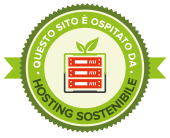
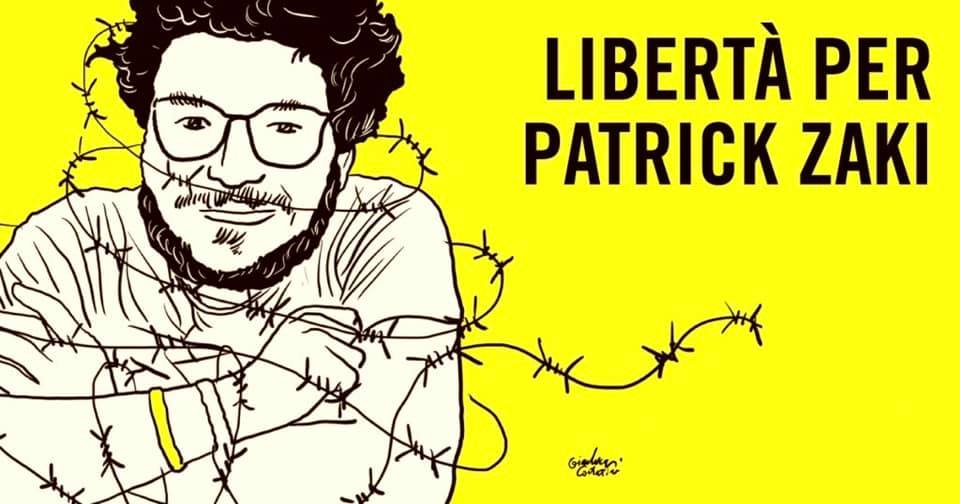

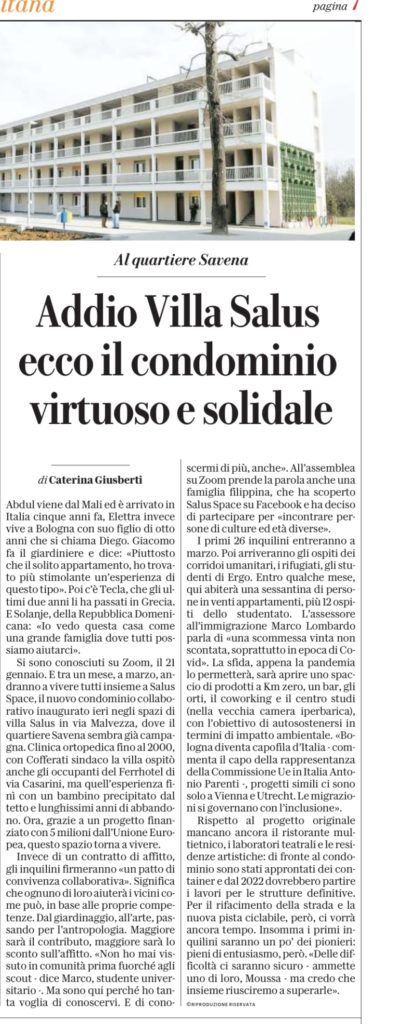
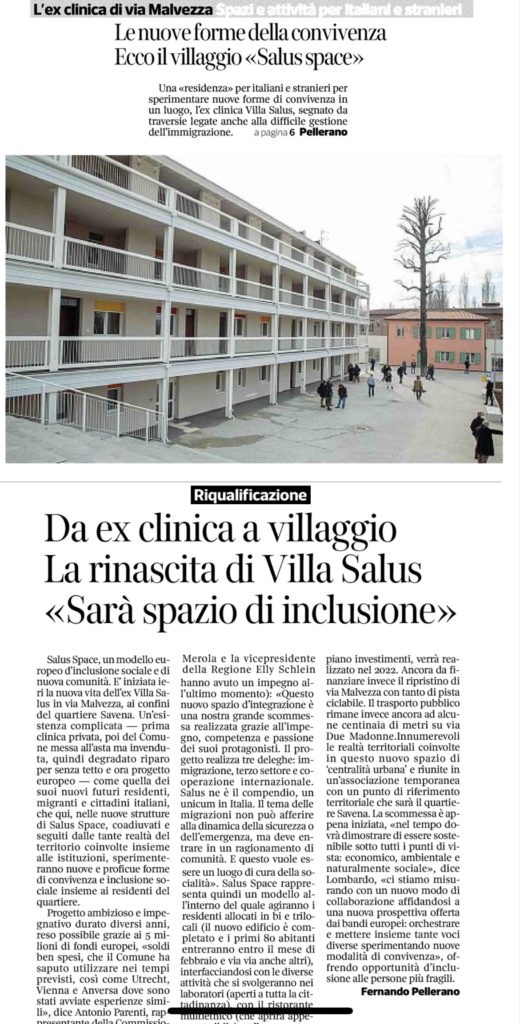

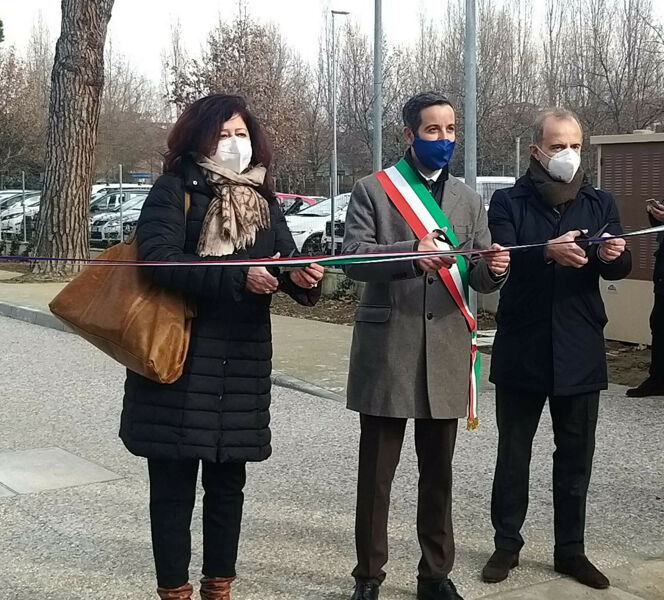
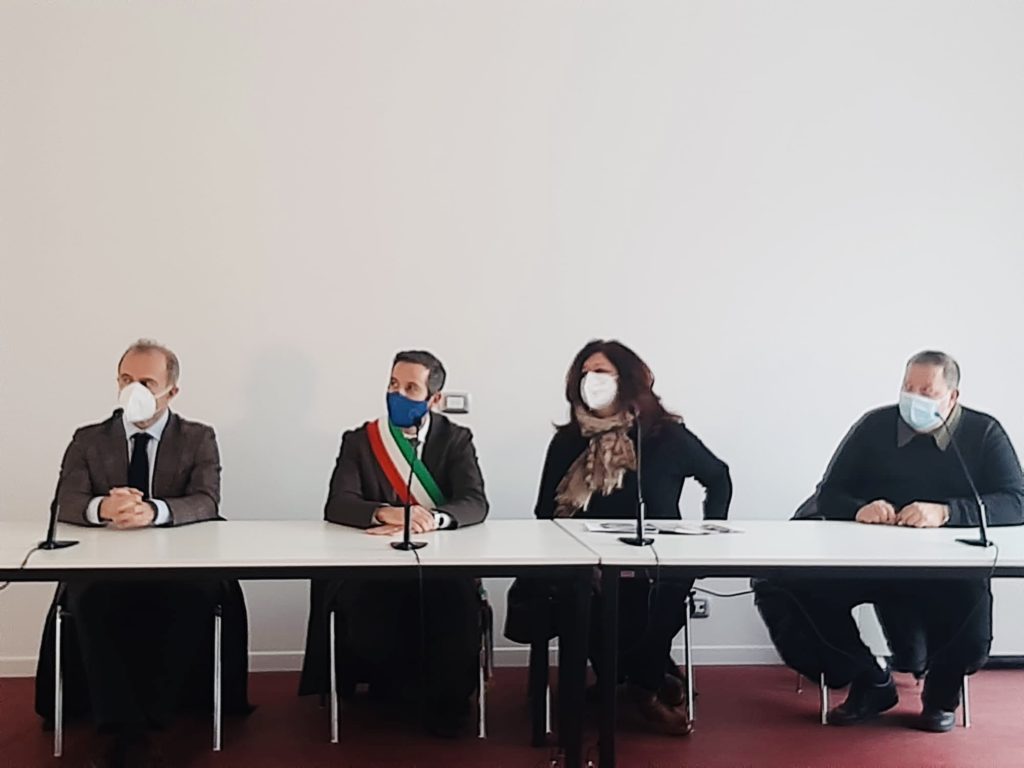
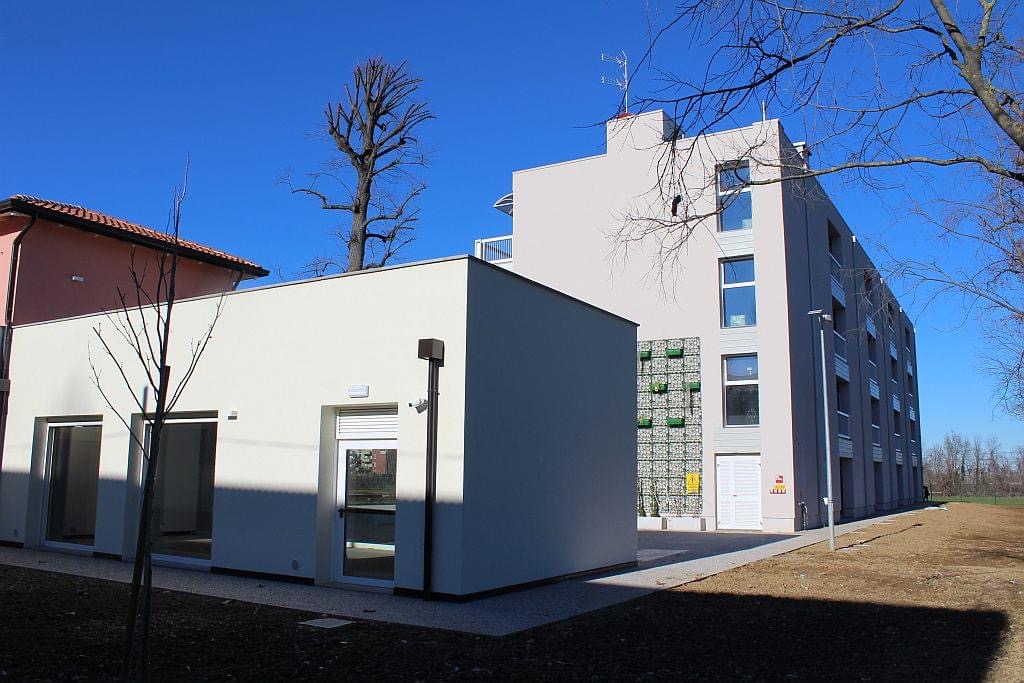
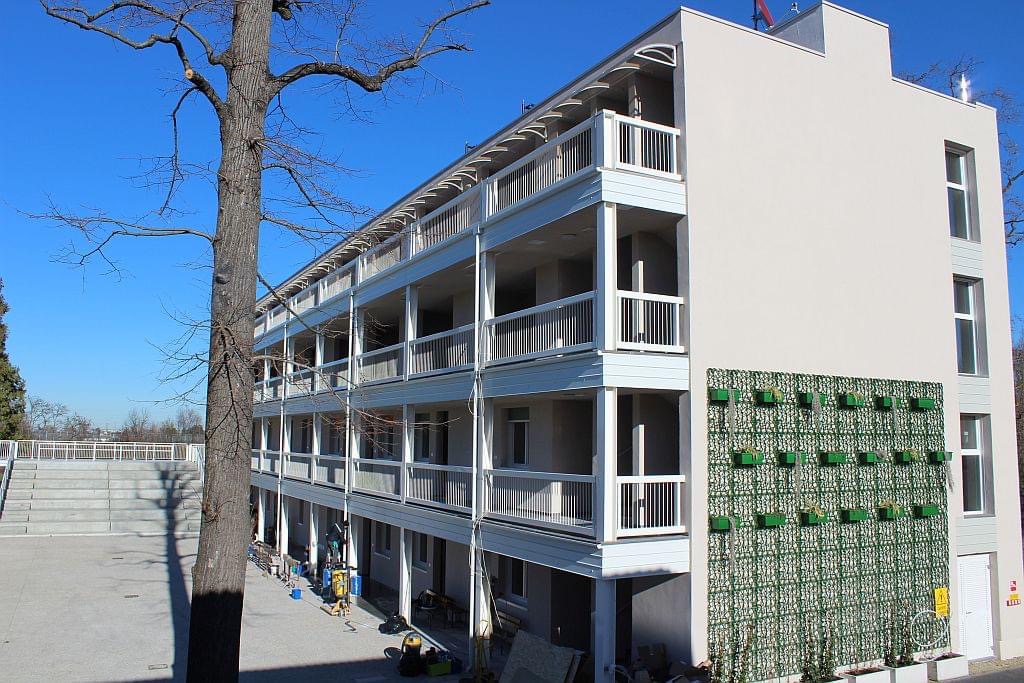
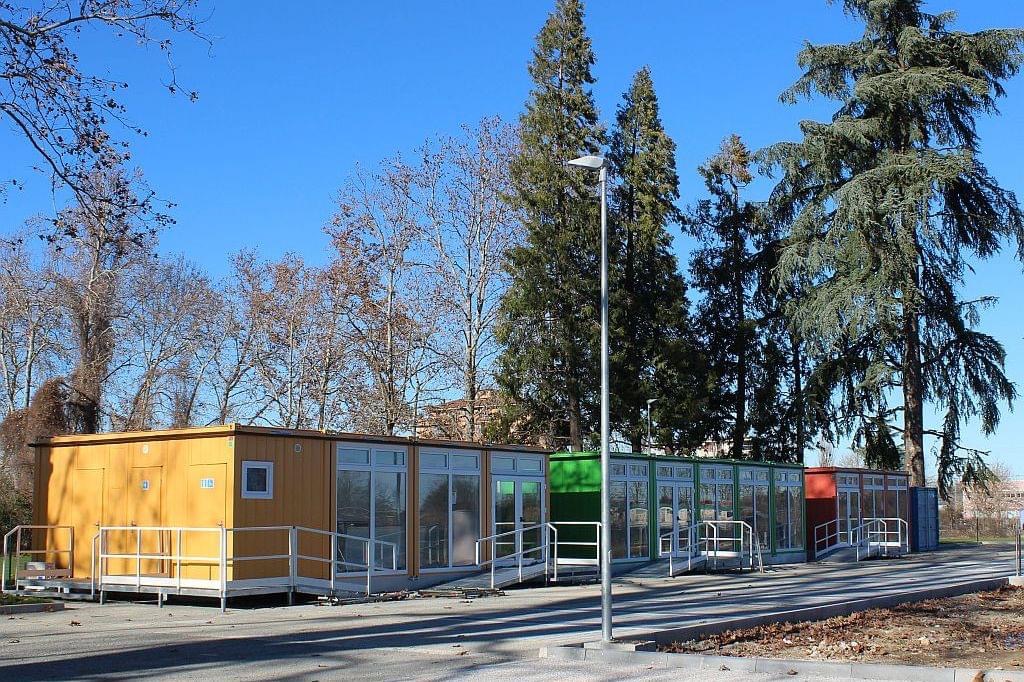
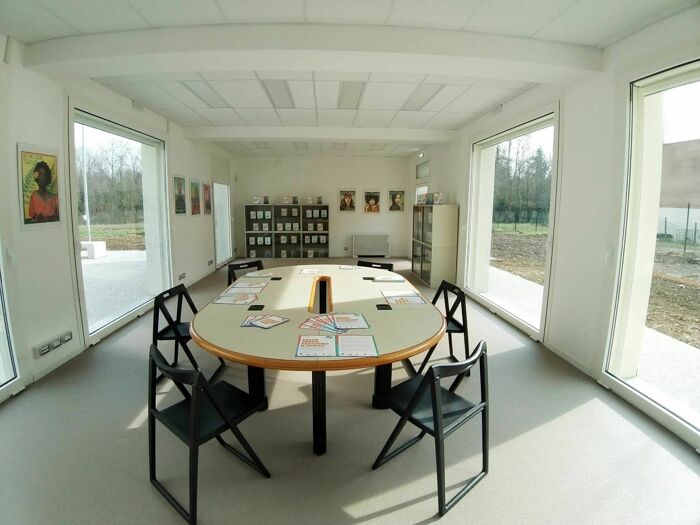


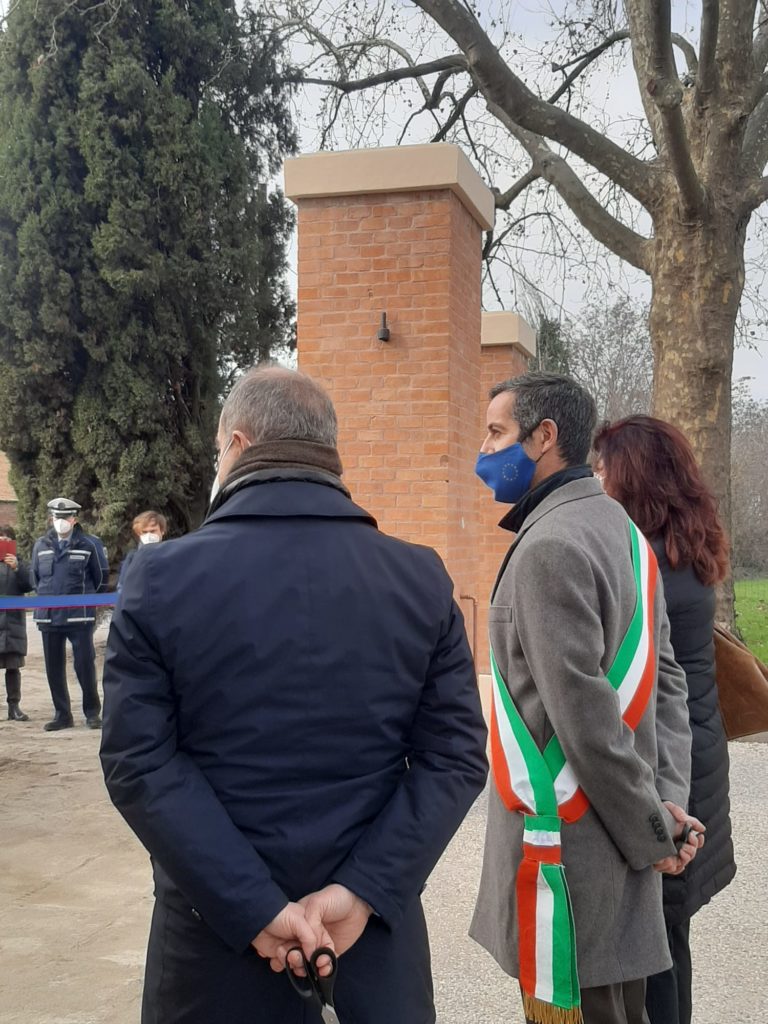
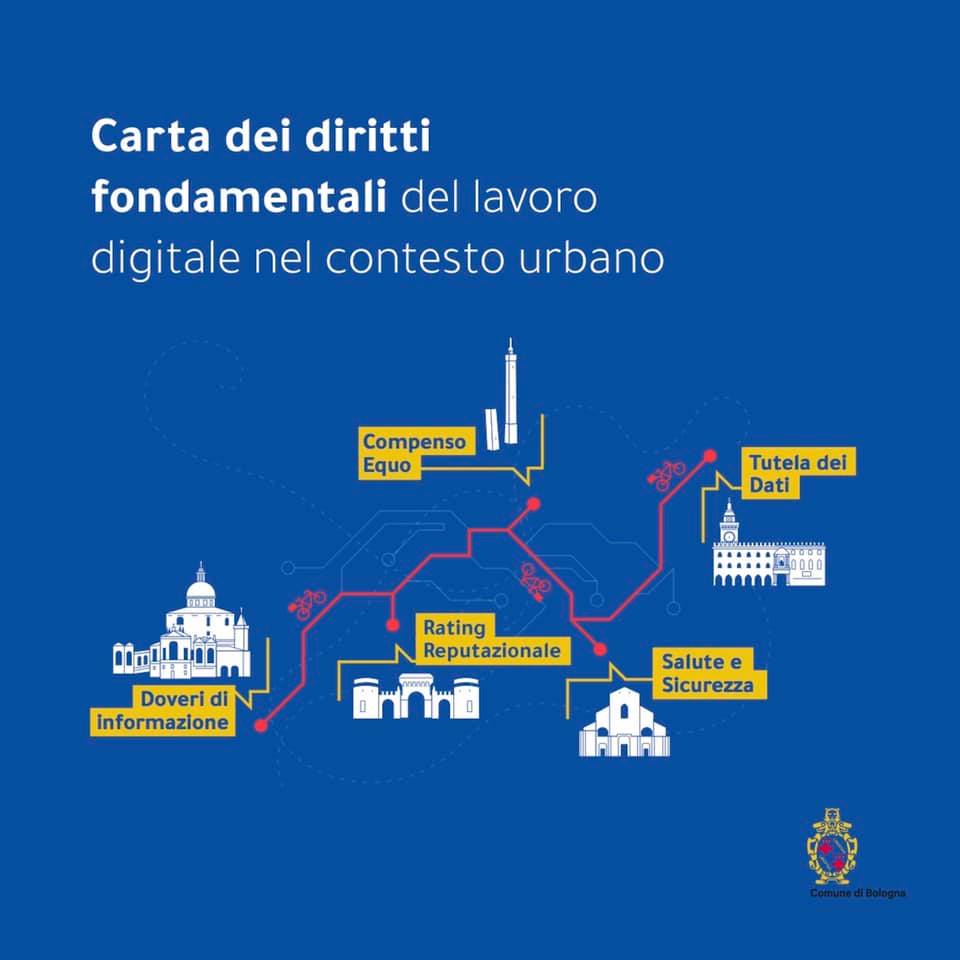
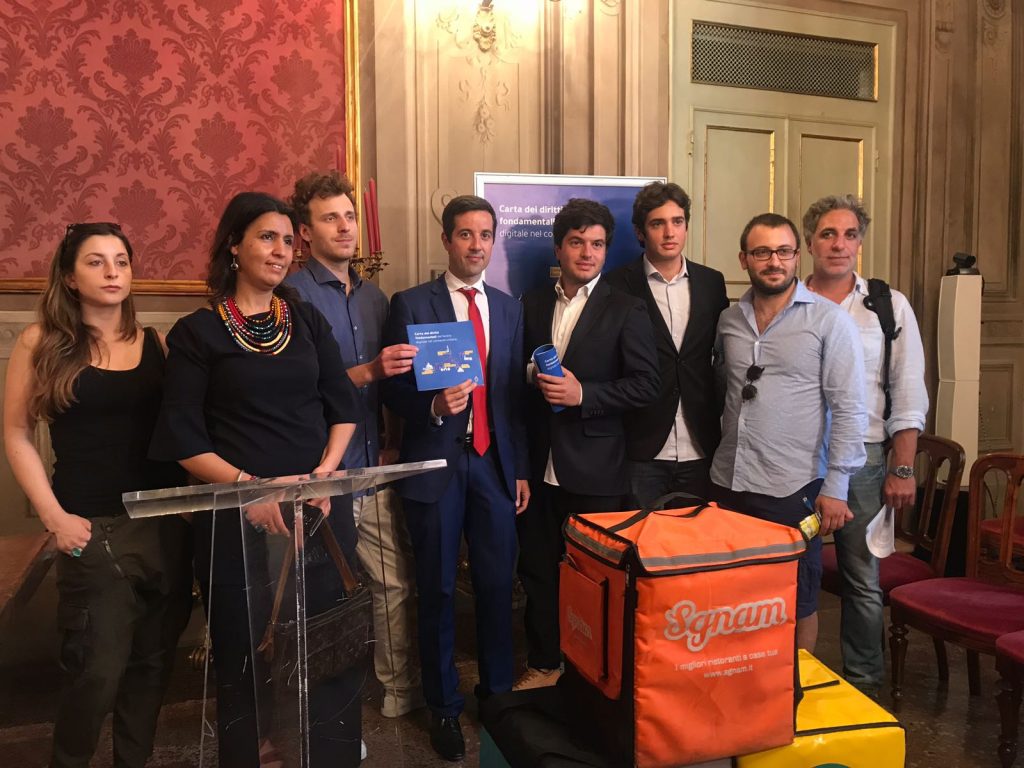
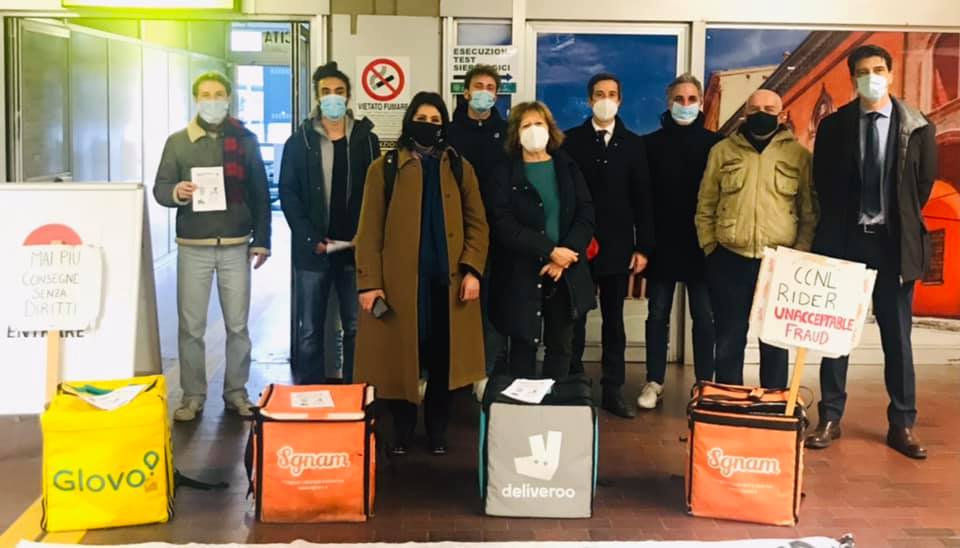
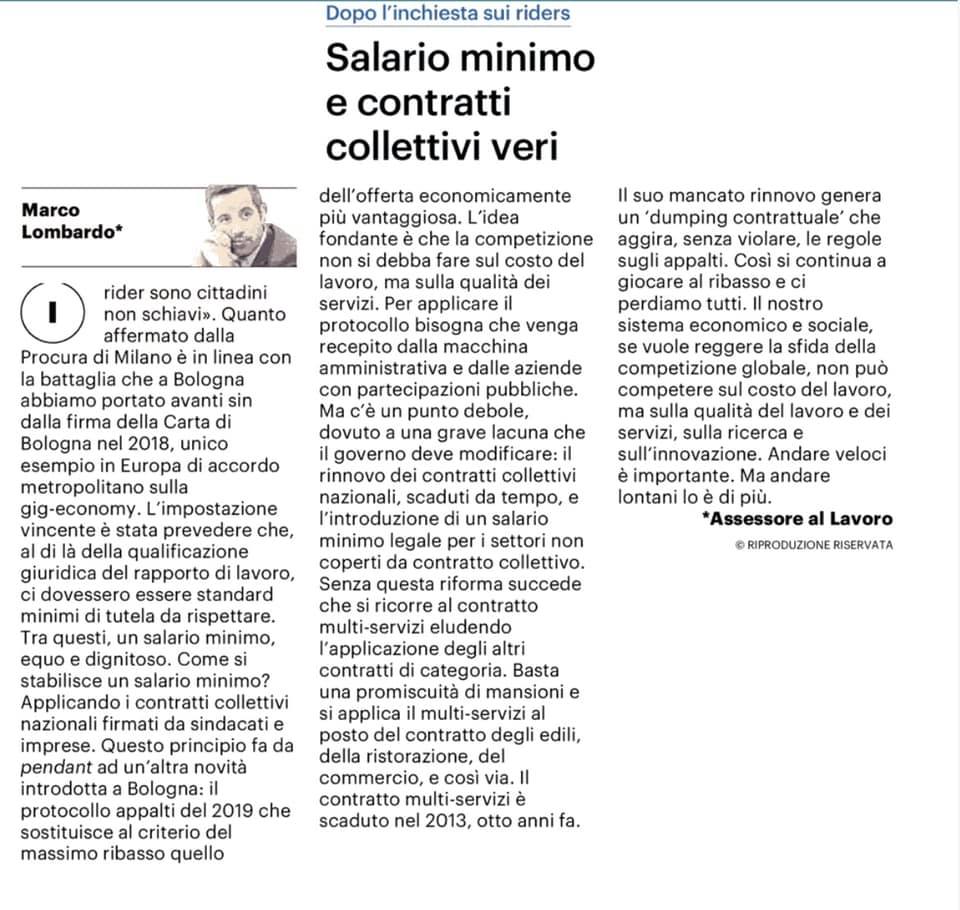
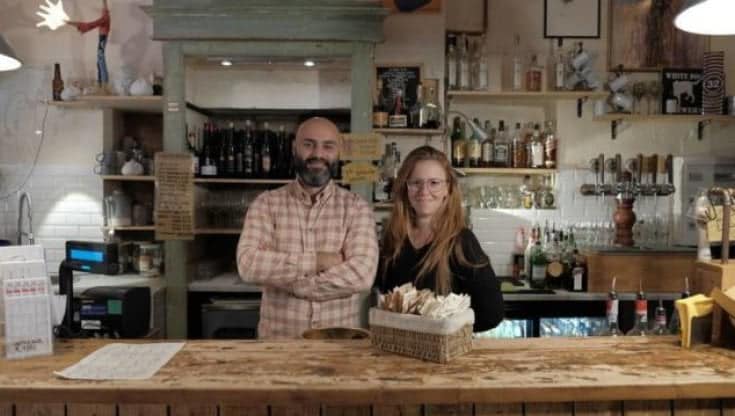

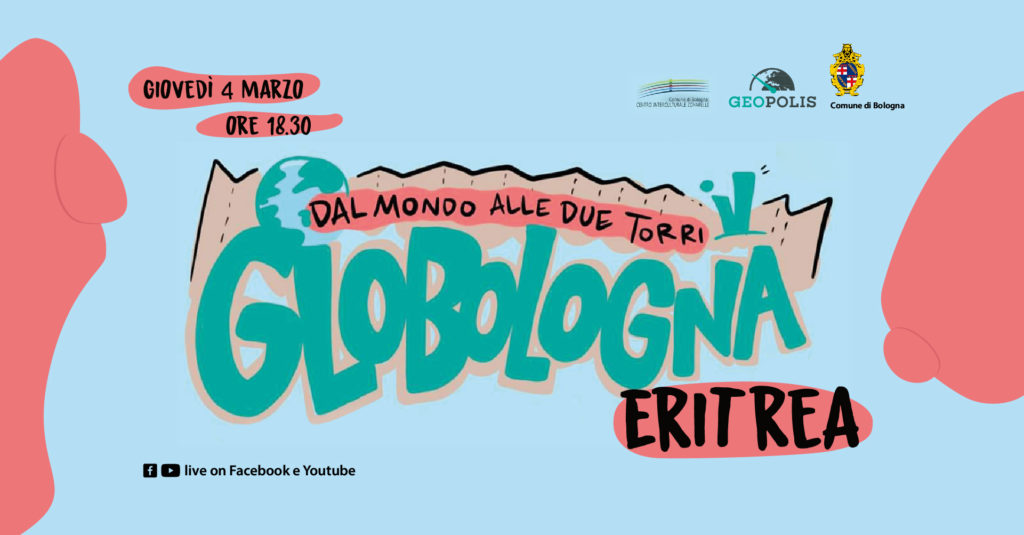
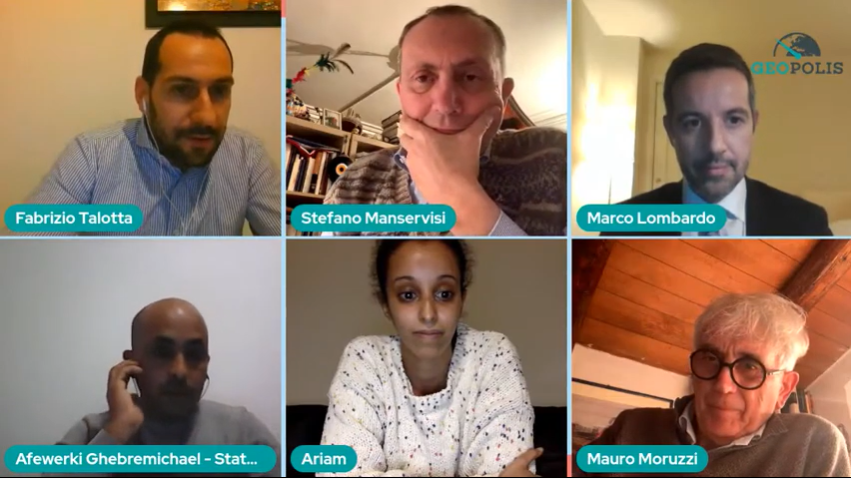
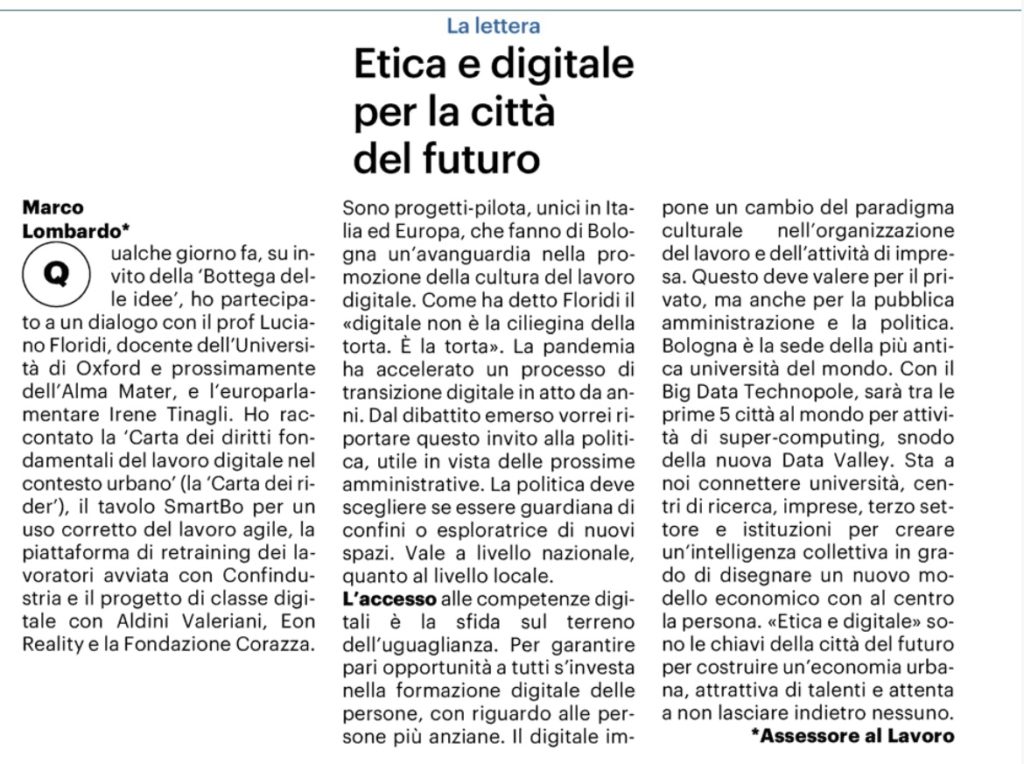

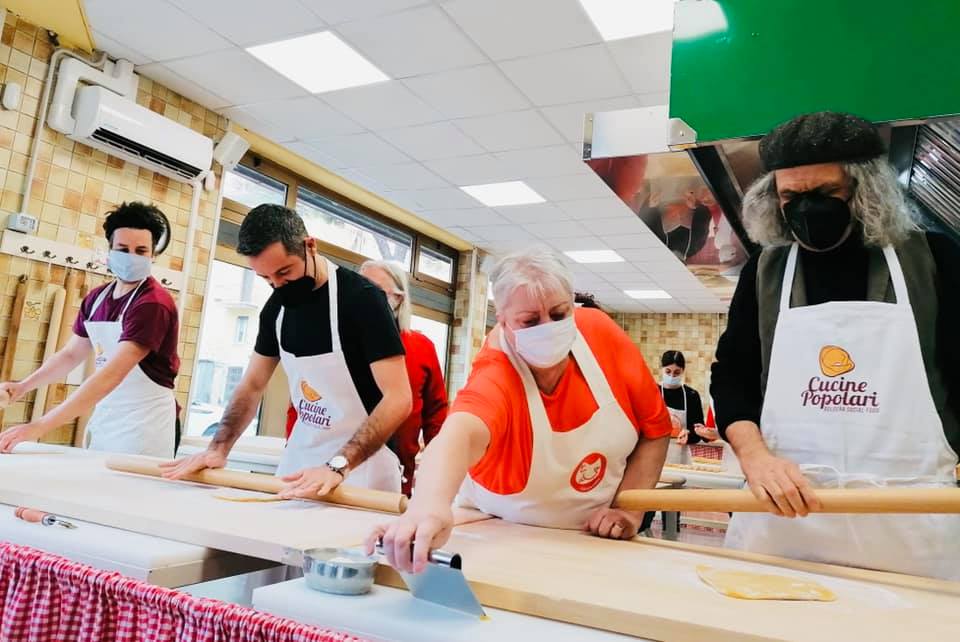


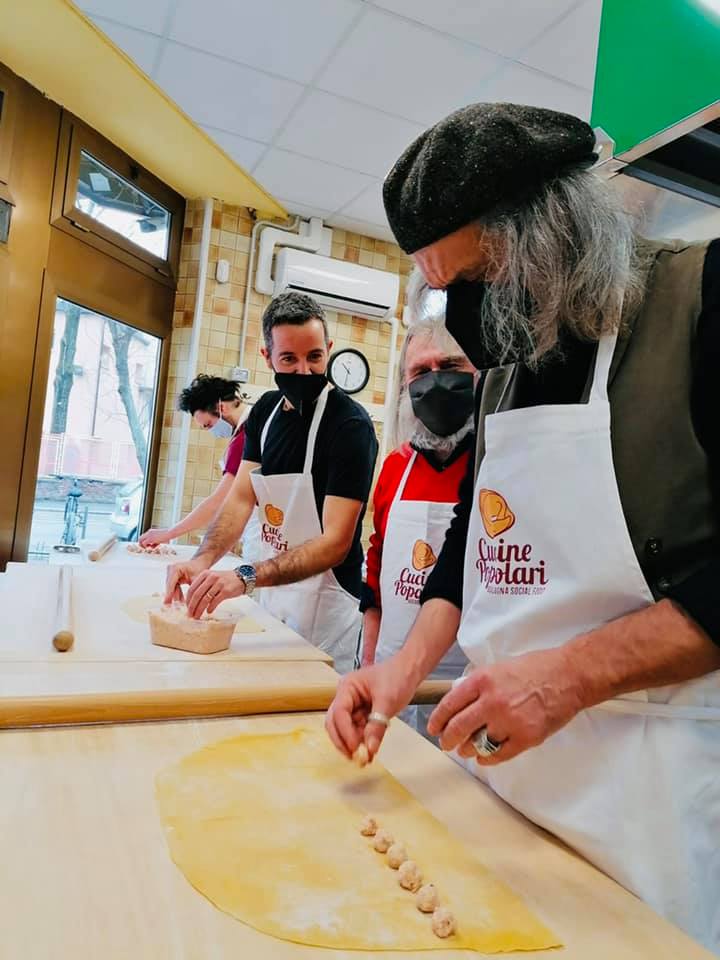

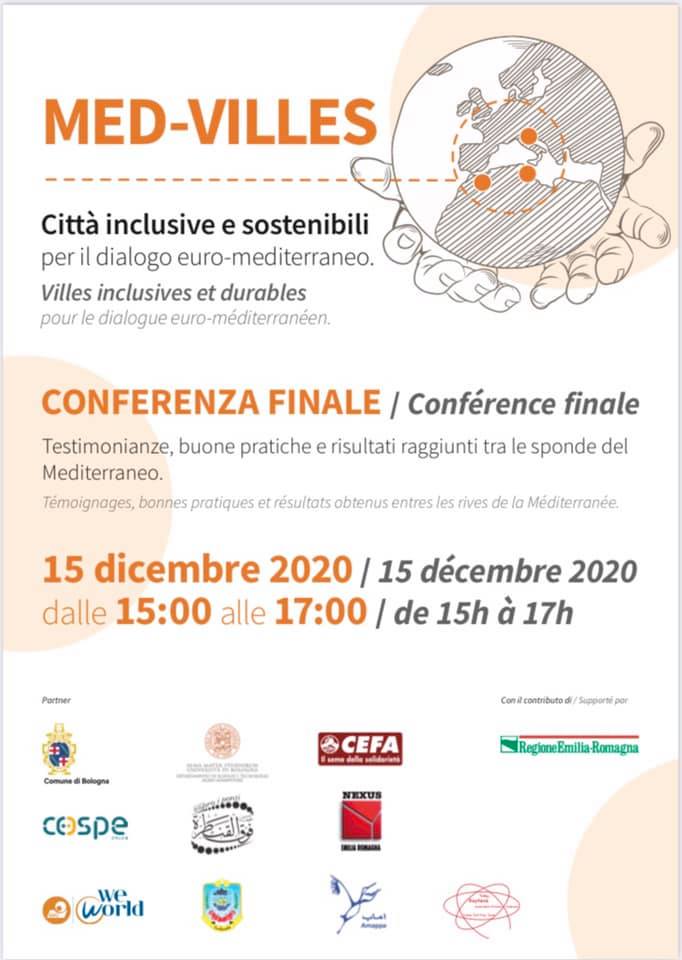
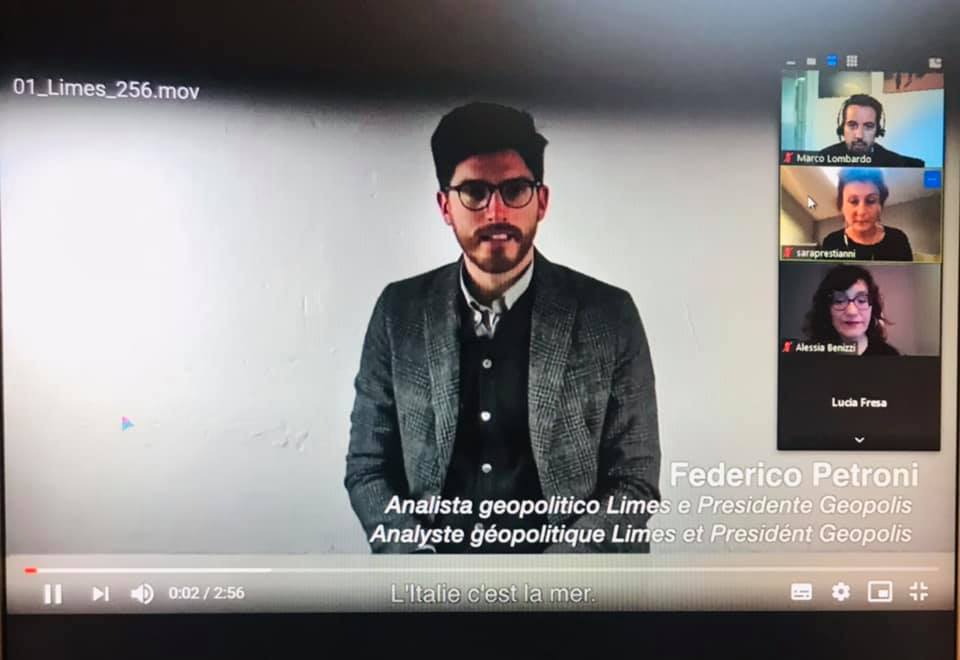
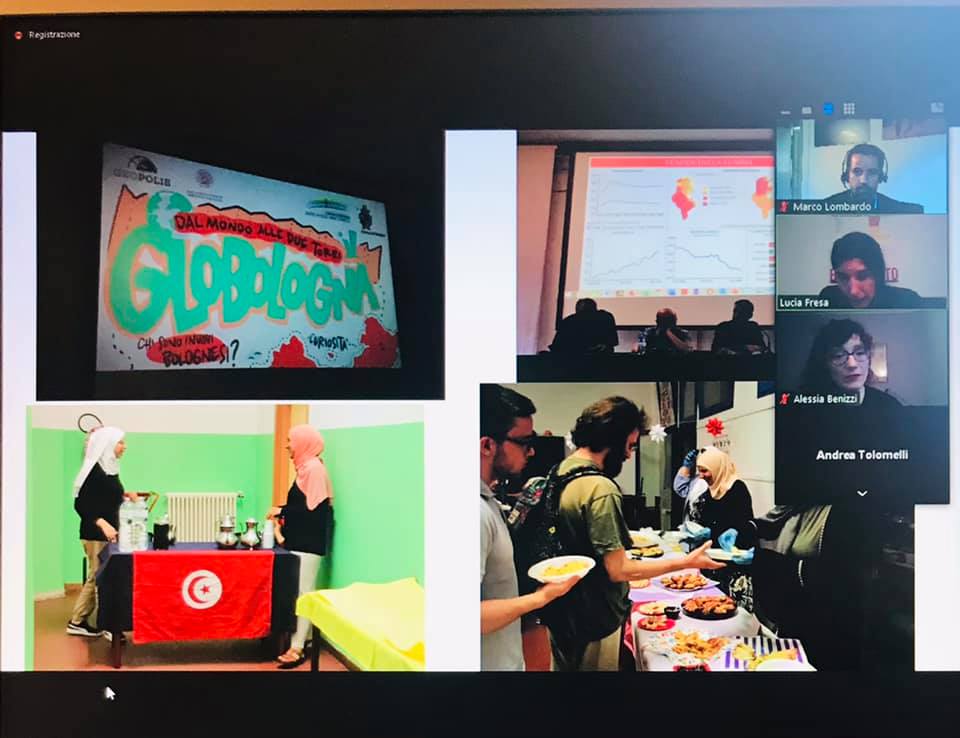
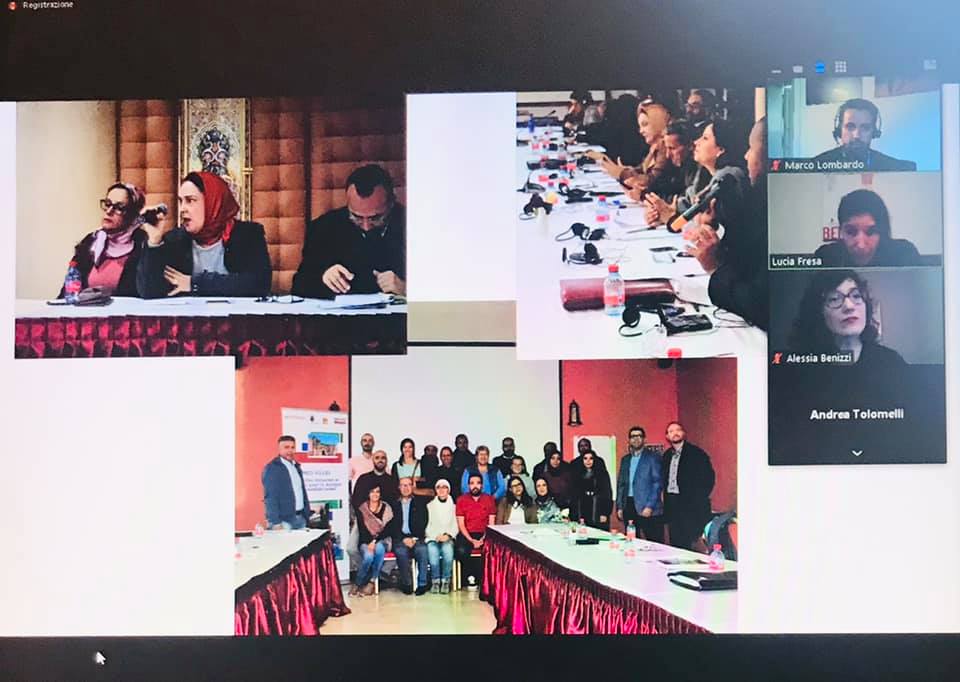
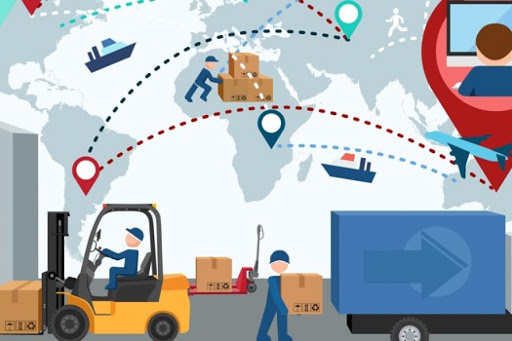
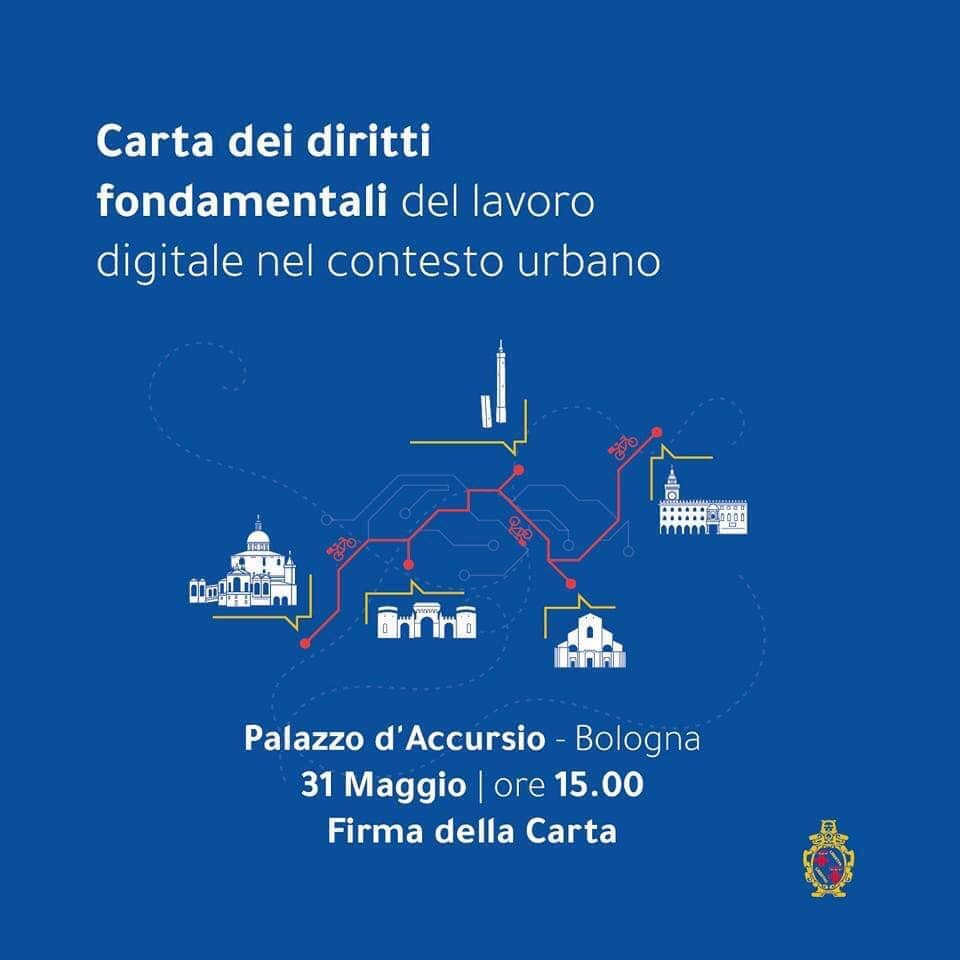
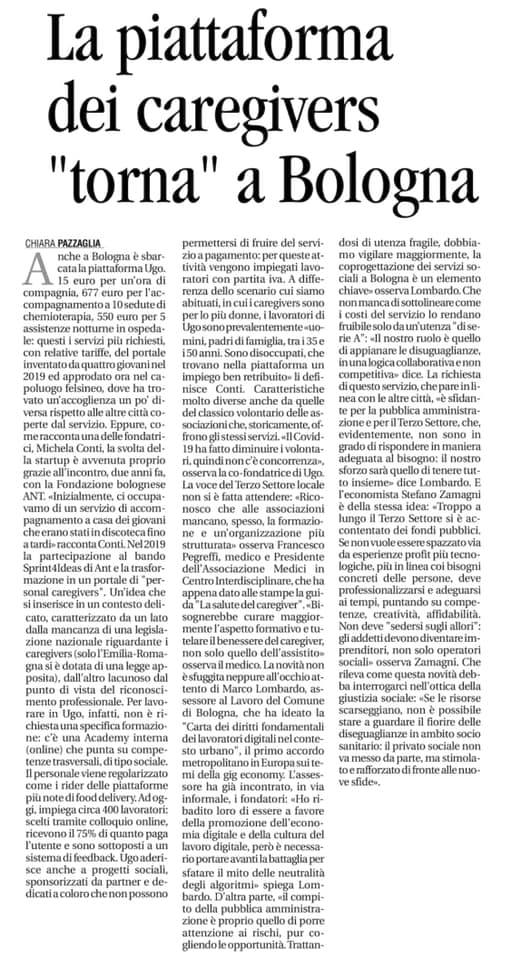
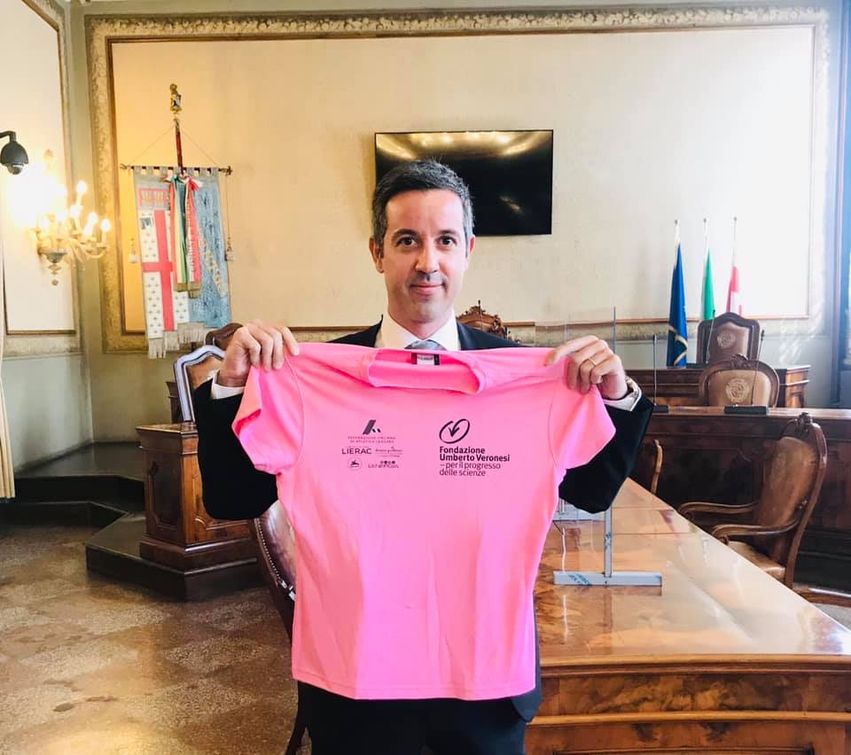
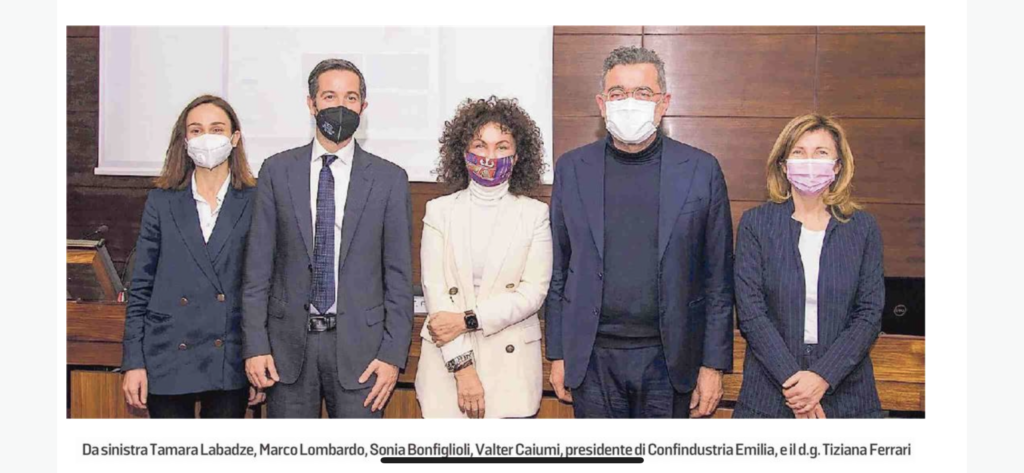
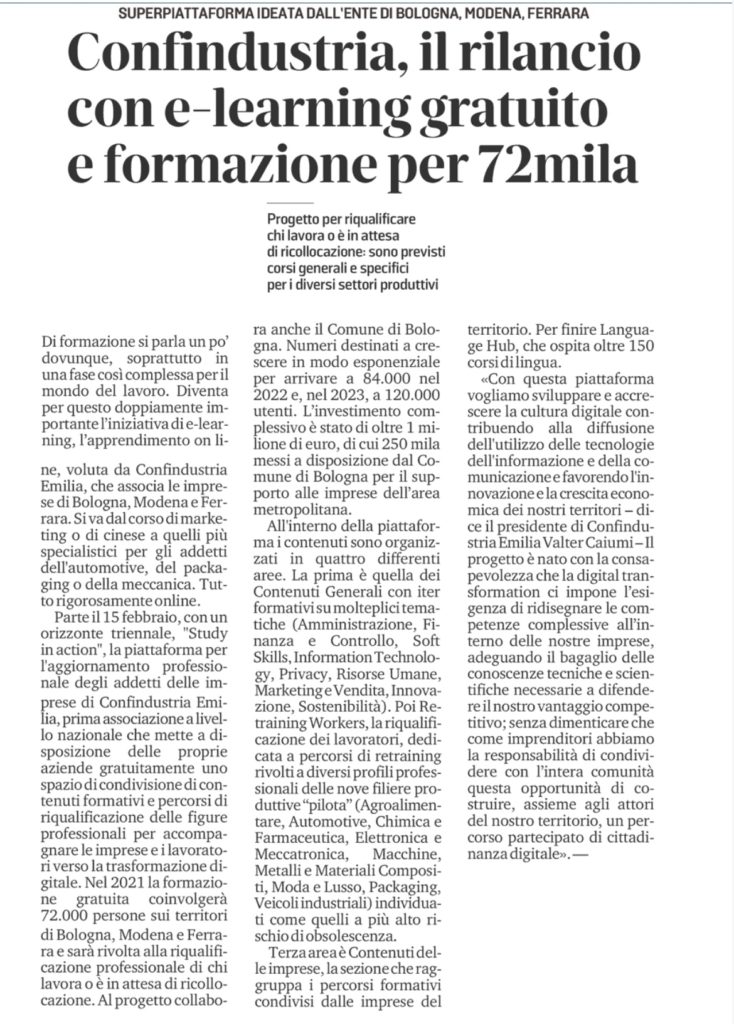
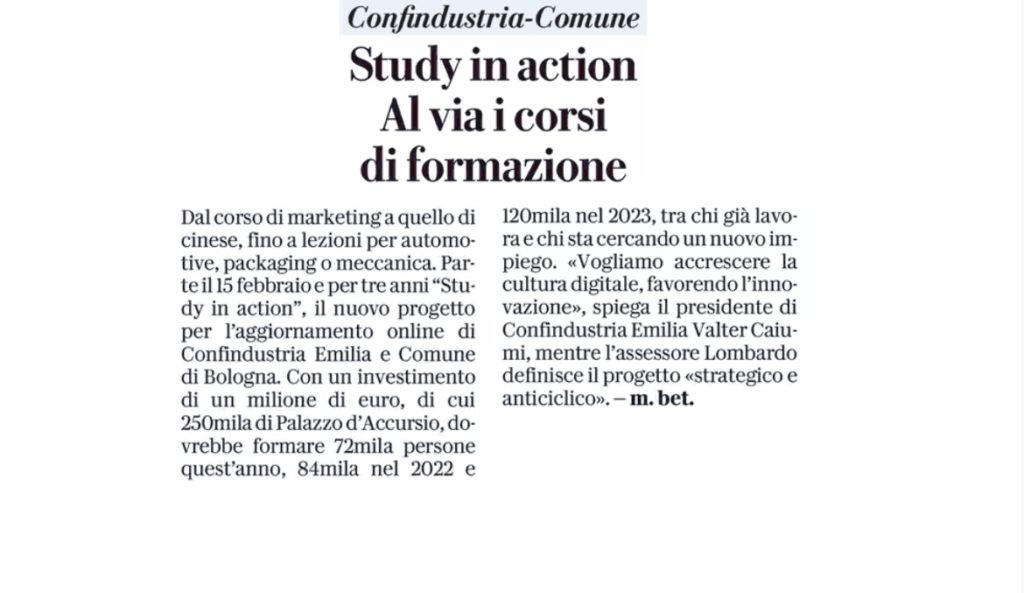
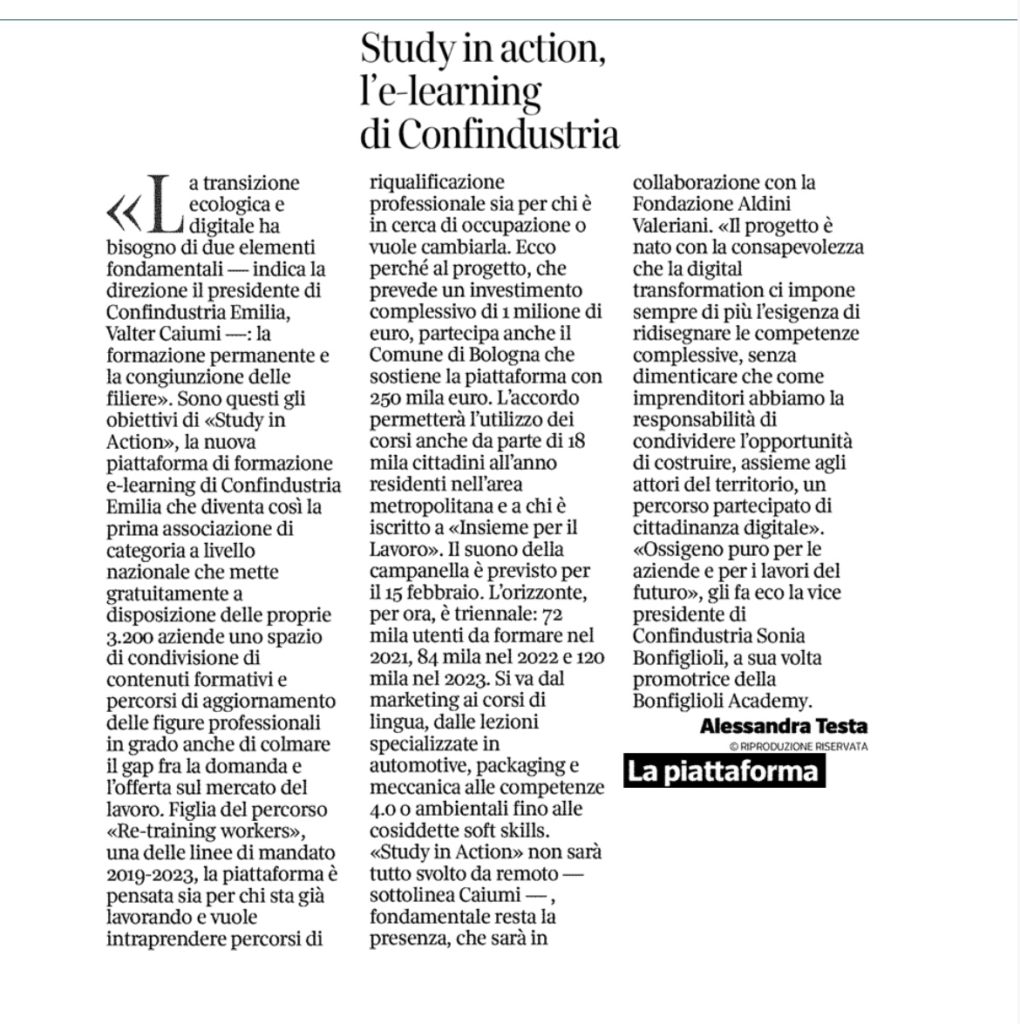
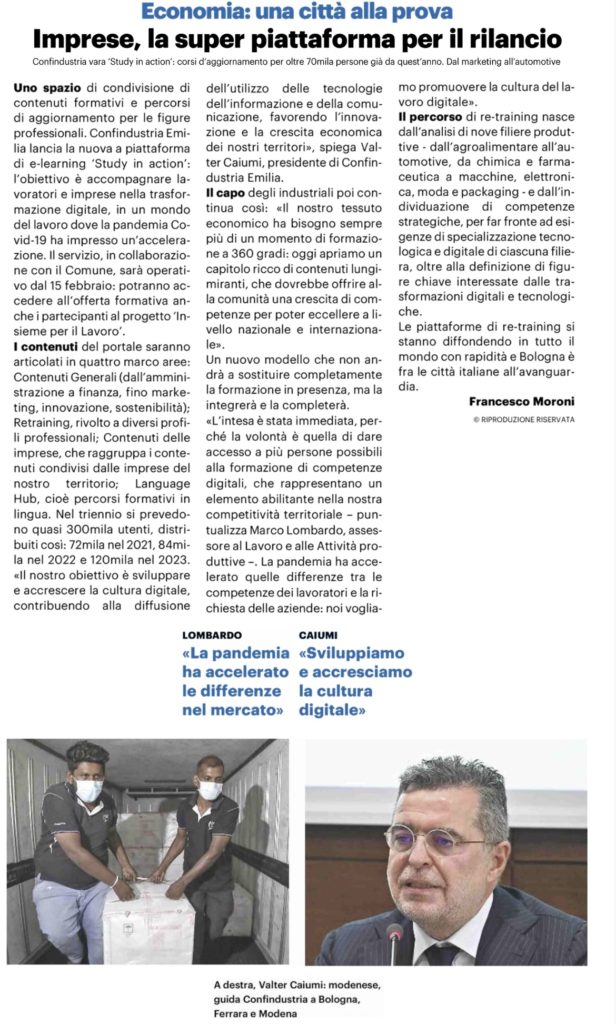
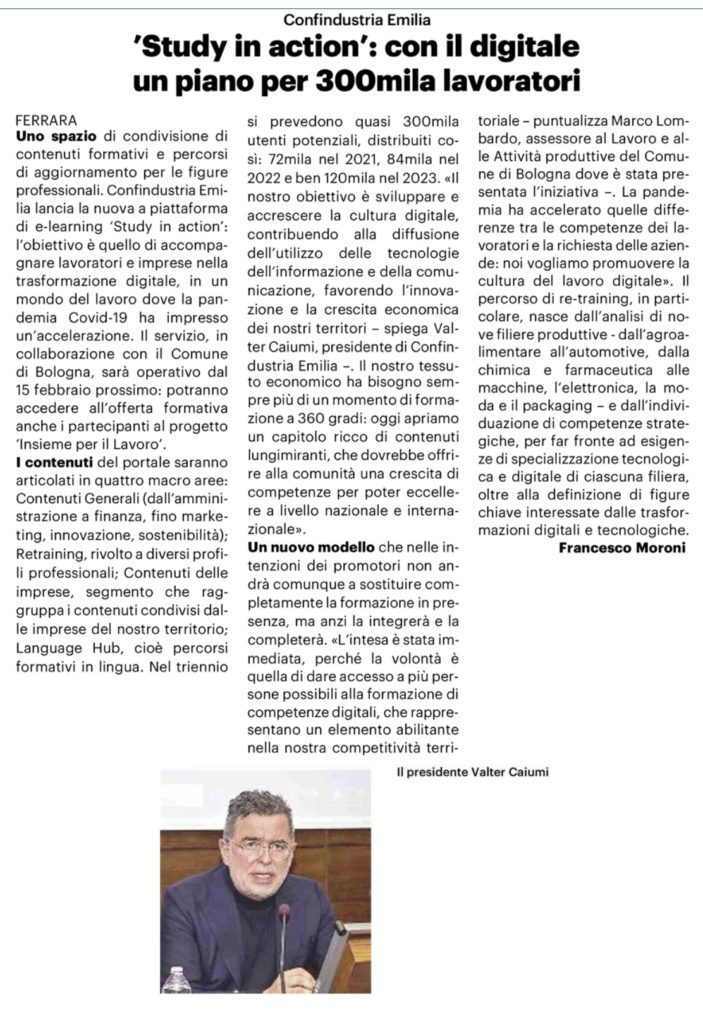
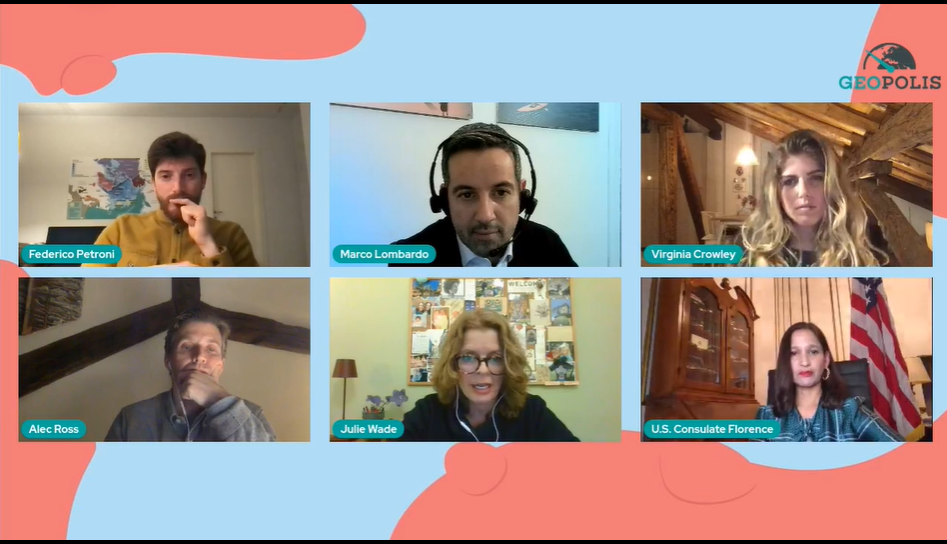

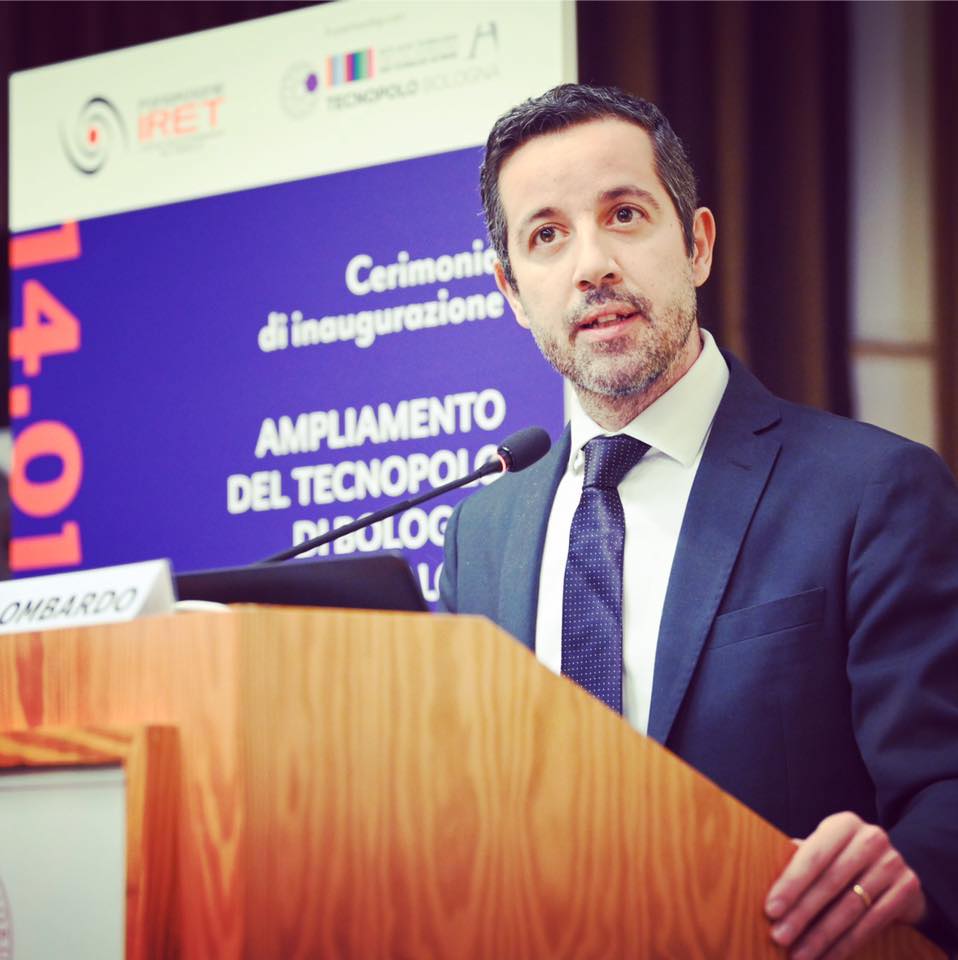



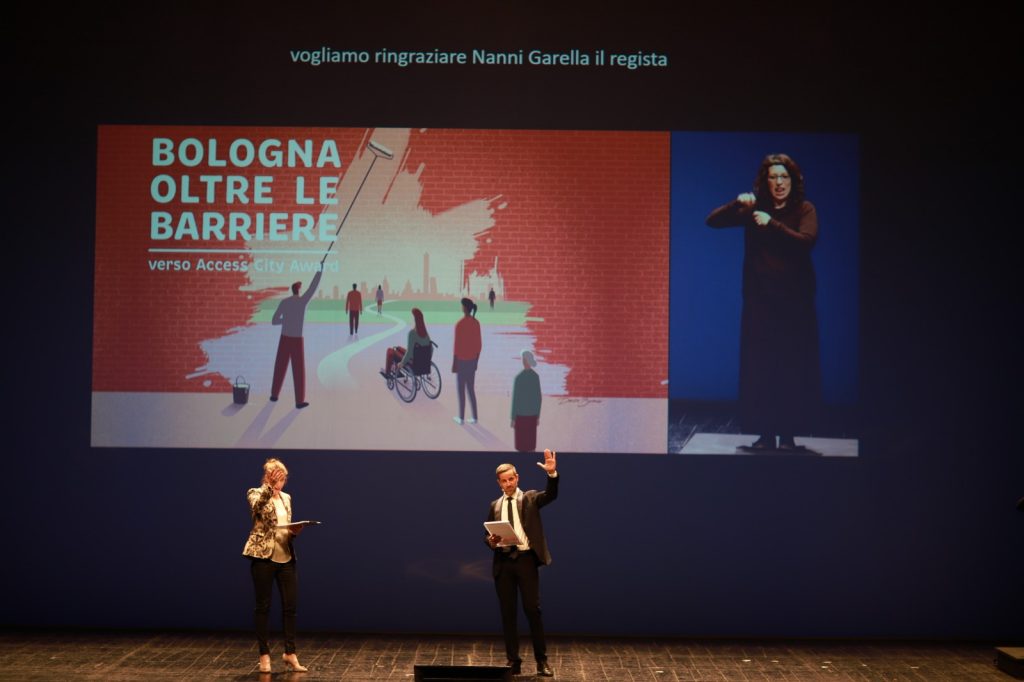
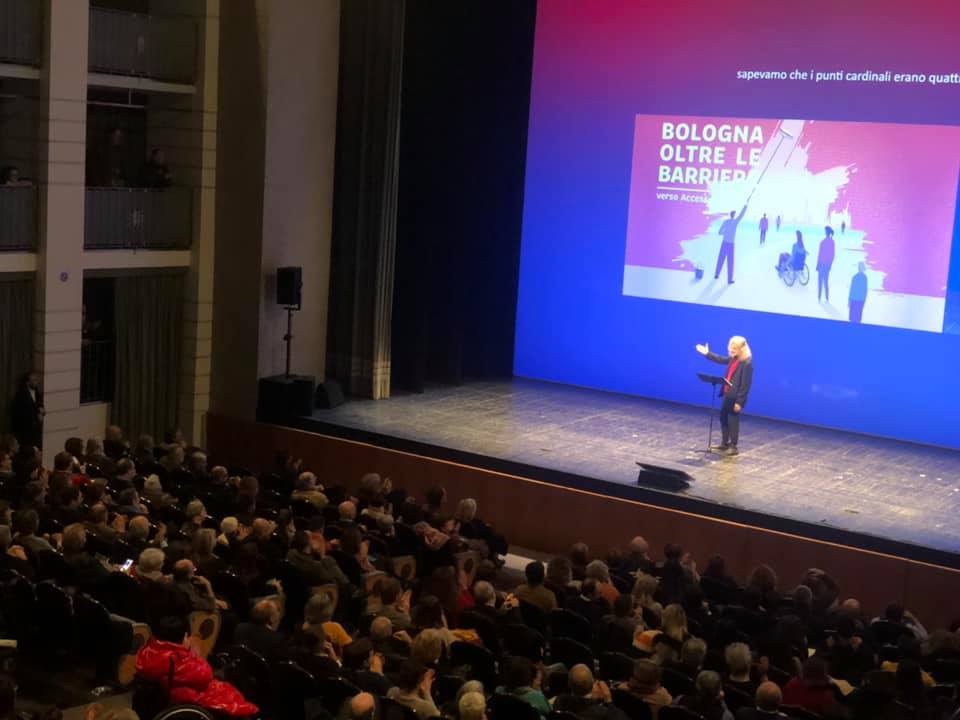







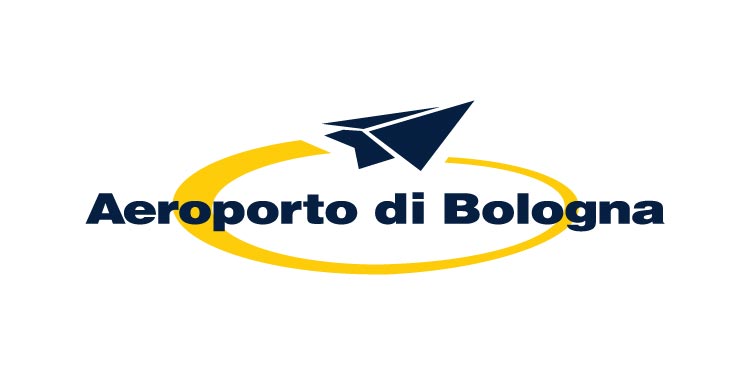
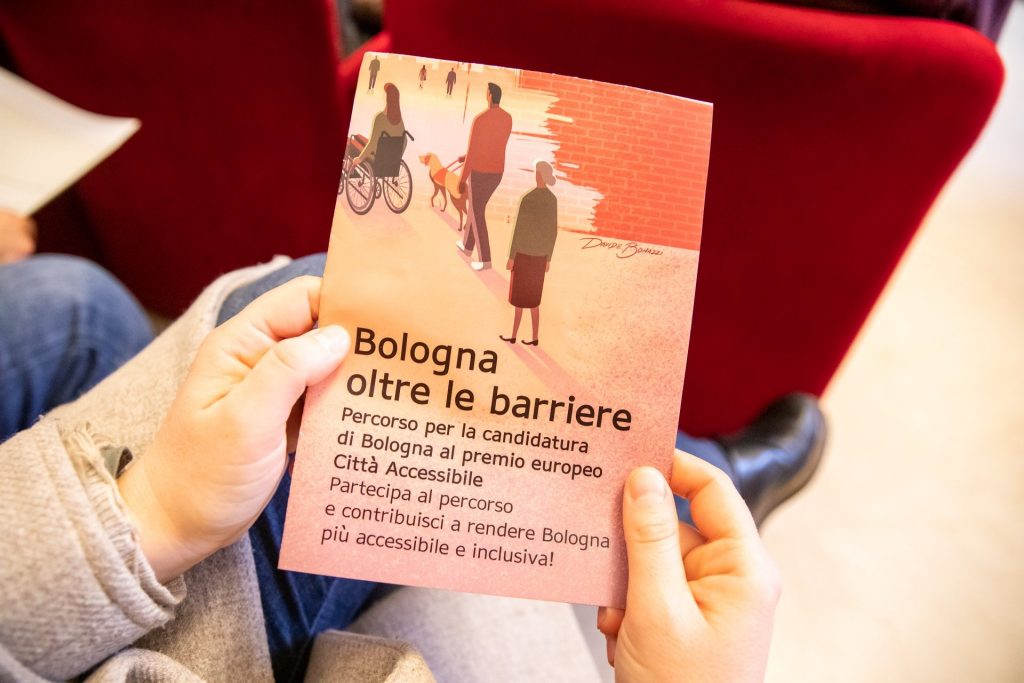









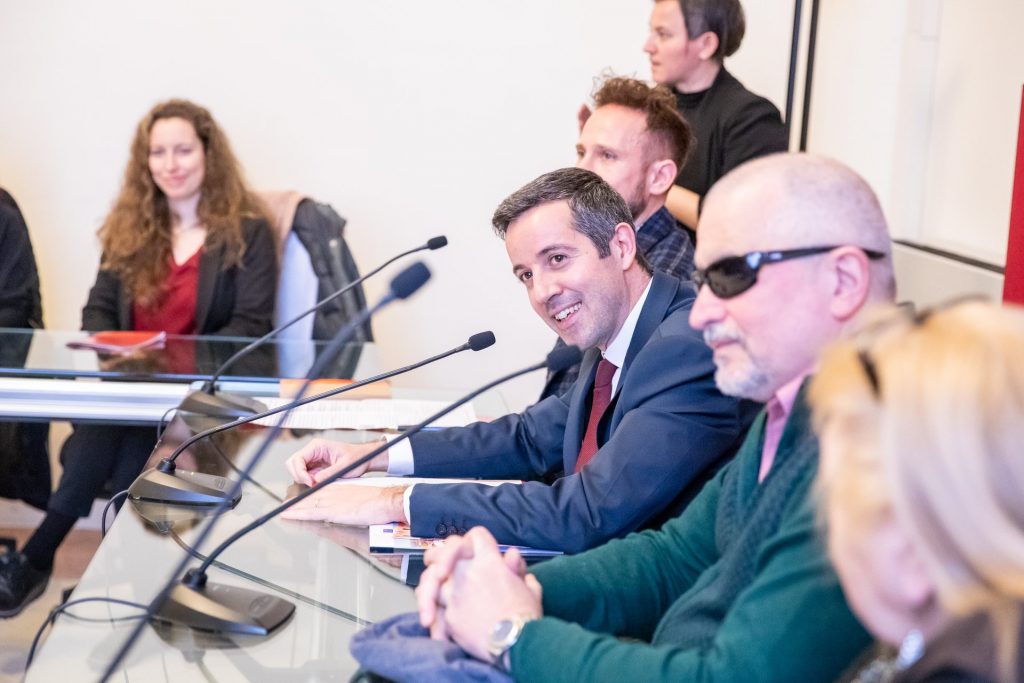





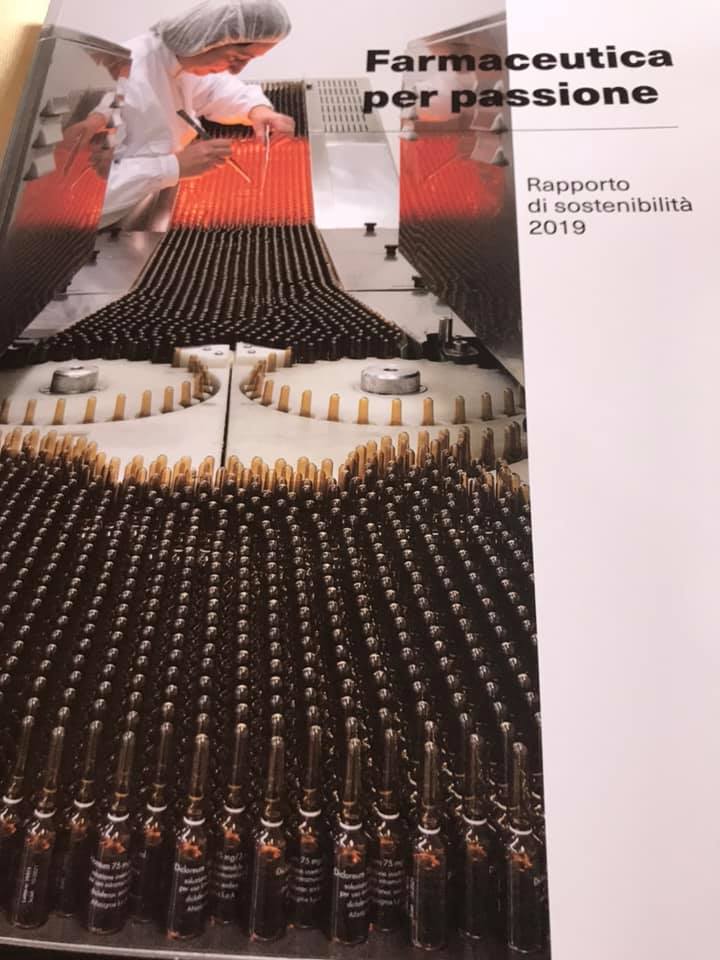
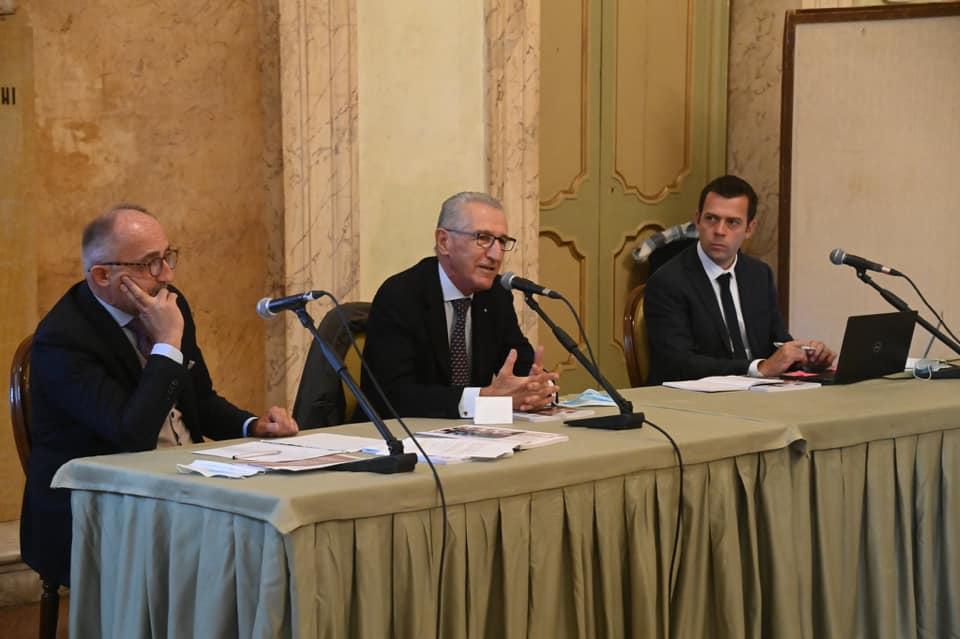

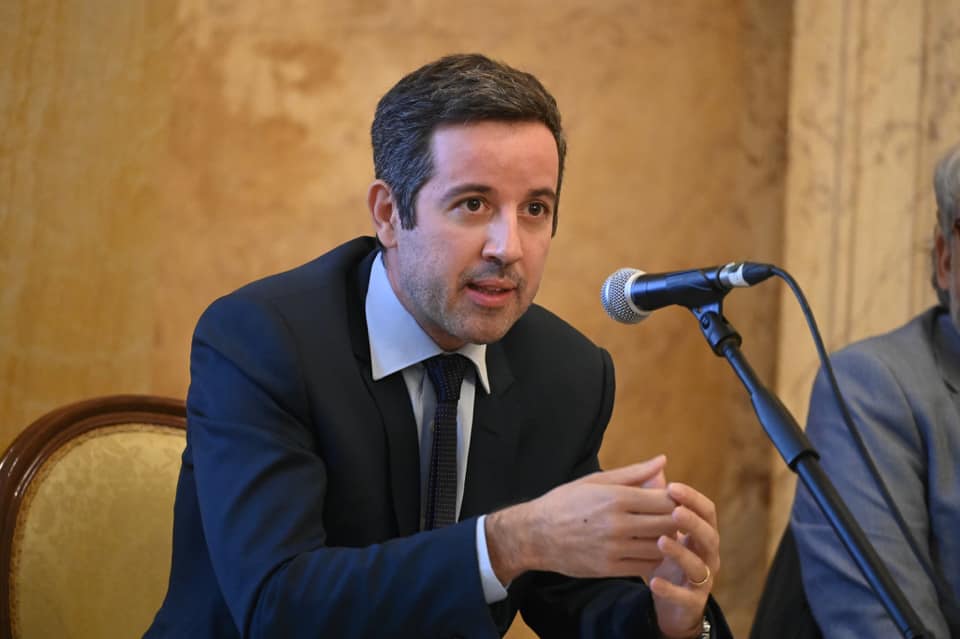
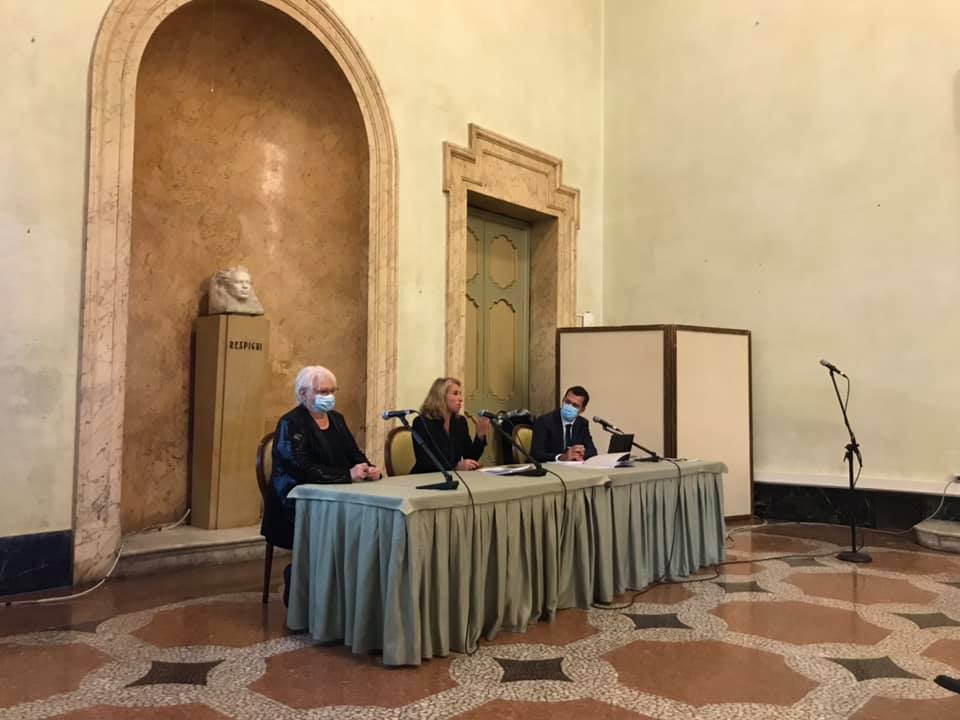











 Che non esiste solo lo spreco alimentare, ma anche lo spreco dei fiori nella grande distribuzione? Che esistono programmi europei, finanziamenti e 'business angels' per sostenere l’imprenditorialità innovativa nell’economia verde? Scoprire alcune delle soluzioni più innovative già attive nel nostro territorio nella nuova puntata di I-cuber.
Che non esiste solo lo spreco alimentare, ma anche lo spreco dei fiori nella grande distribuzione? Che esistono programmi europei, finanziamenti e 'business angels' per sostenere l’imprenditorialità innovativa nell’economia verde? Scoprire alcune delle soluzioni più innovative già attive nel nostro territorio nella nuova puntata di I-cuber.
 Raccontiamo un modo di essere tradizionalmente innovativi.
Raccontiamo un modo di essere tradizionalmente innovativi.






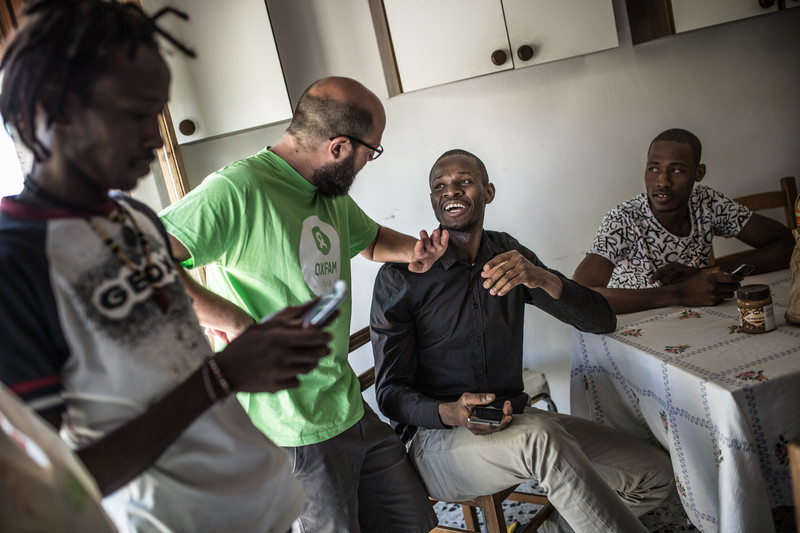

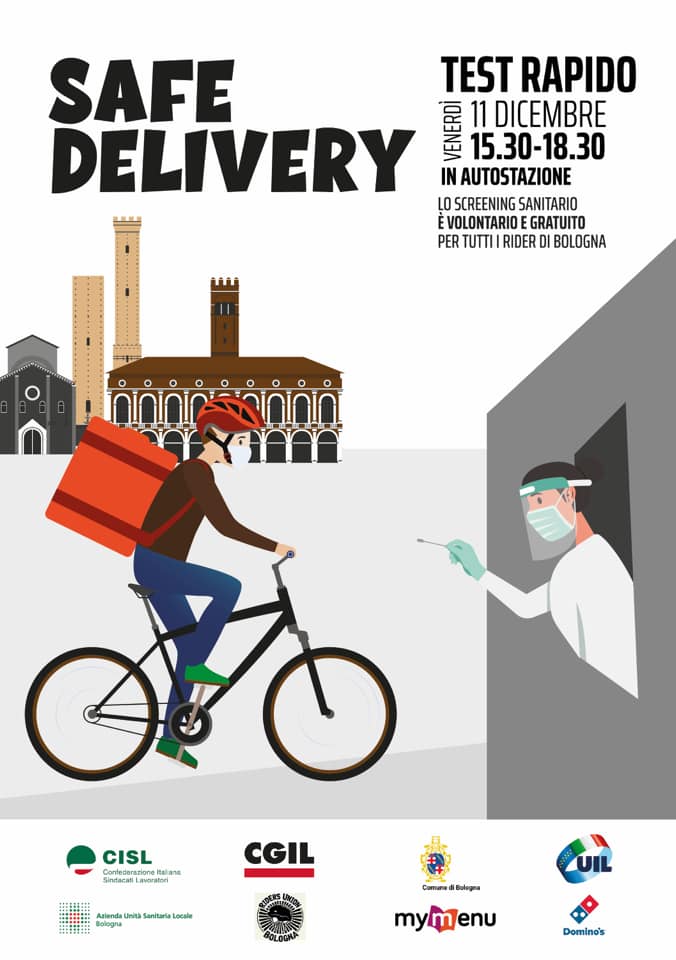
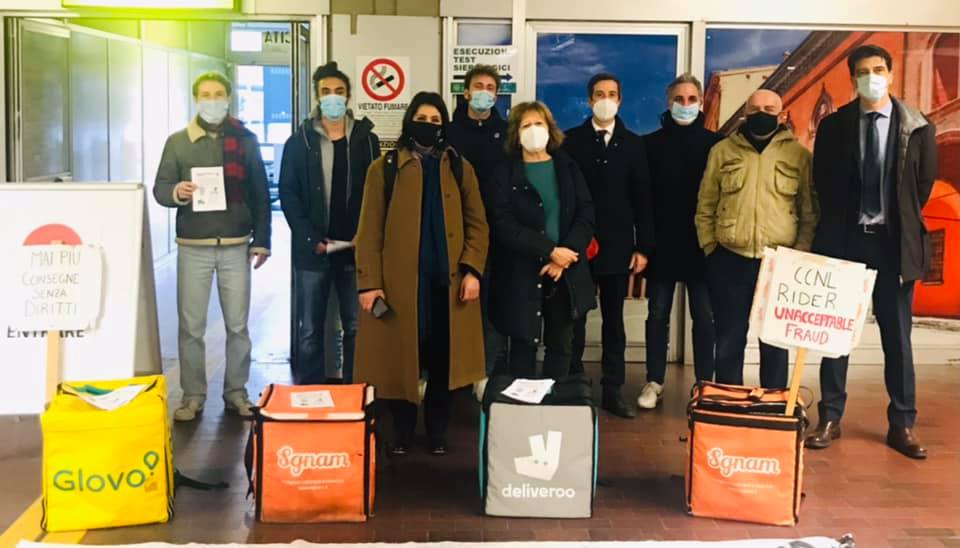
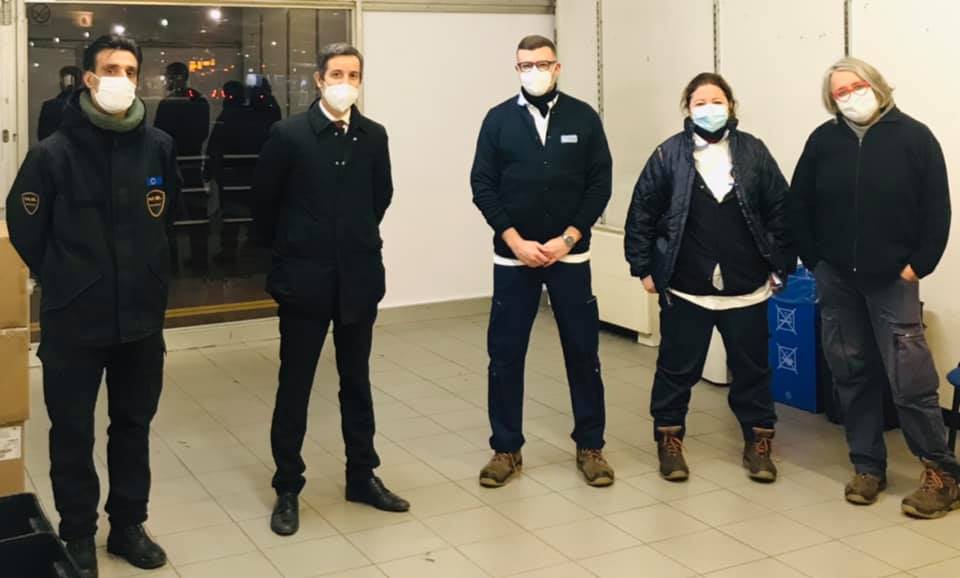







 Il progetto delle Comunità Solari Locali, nato da uno spin-off dell’Università di Bologna, fino ad oggi ha coinvolto 7 comuni dell’area metropolitana bolognese (Casalecchio di Reno, Zola Predosa, Sasso Marconi, San Lazzaro di Savena, Ozzano dell’Emilia, Medicina) e finalmente anche un pezzo di Bologna. Il Quartiere San Vitale ha avviato un percorso per il lancio e la costituzione della Comunità Solare di San Vitale, grazie all'impegno delle istituzioni e dei cittadini attivi nella zona.
Il progetto delle Comunità Solari Locali, nato da uno spin-off dell’Università di Bologna, fino ad oggi ha coinvolto 7 comuni dell’area metropolitana bolognese (Casalecchio di Reno, Zola Predosa, Sasso Marconi, San Lazzaro di Savena, Ozzano dell’Emilia, Medicina) e finalmente anche un pezzo di Bologna. Il Quartiere San Vitale ha avviato un percorso per il lancio e la costituzione della Comunità Solare di San Vitale, grazie all'impegno delle istituzioni e dei cittadini attivi nella zona. 


